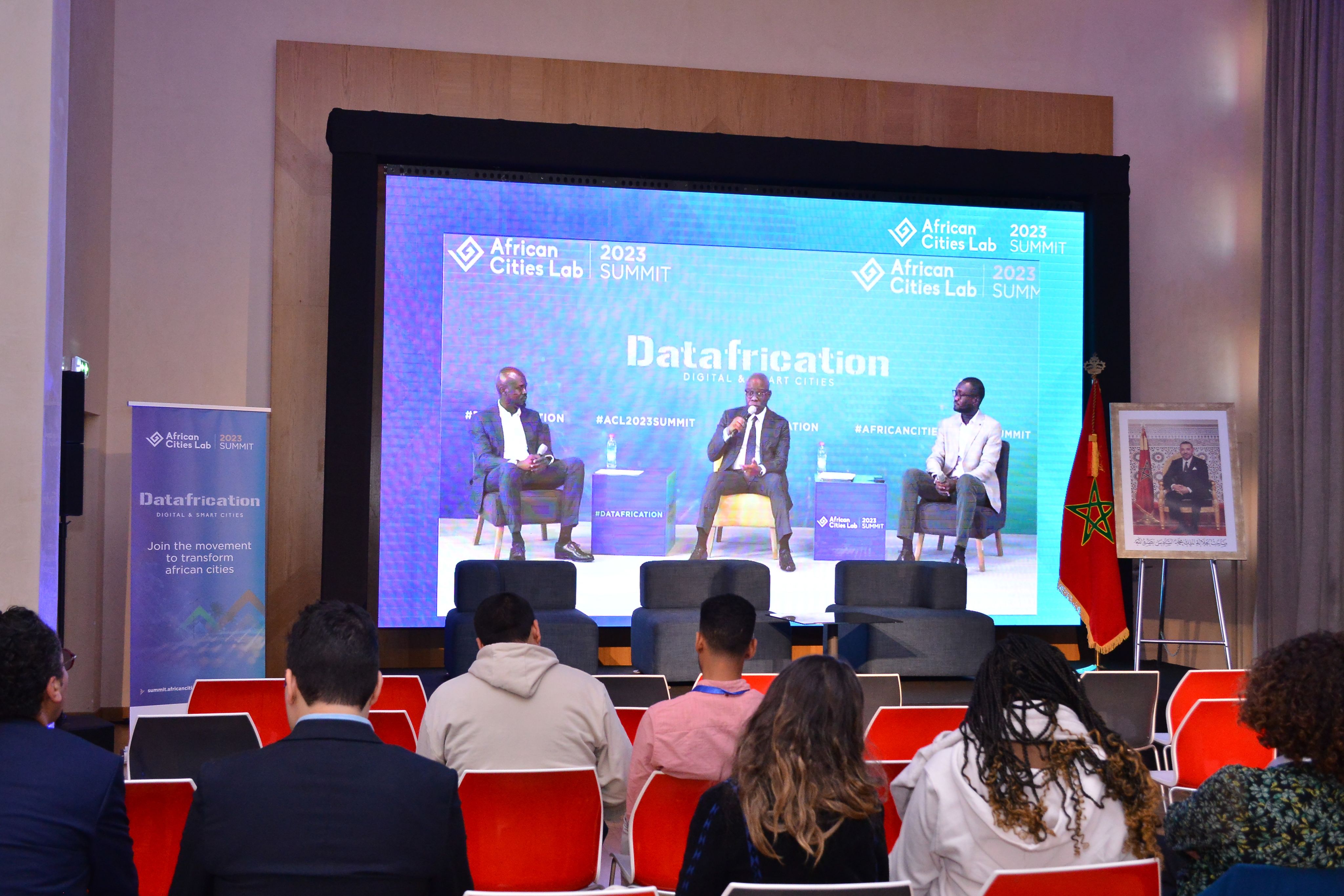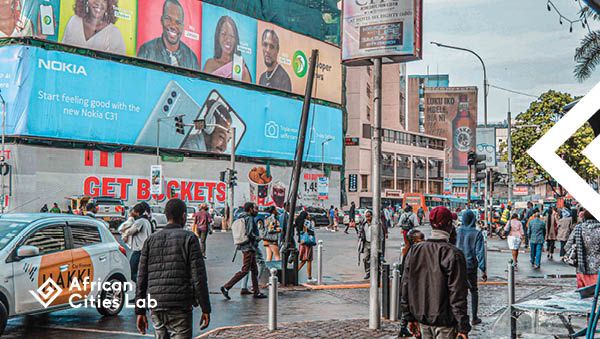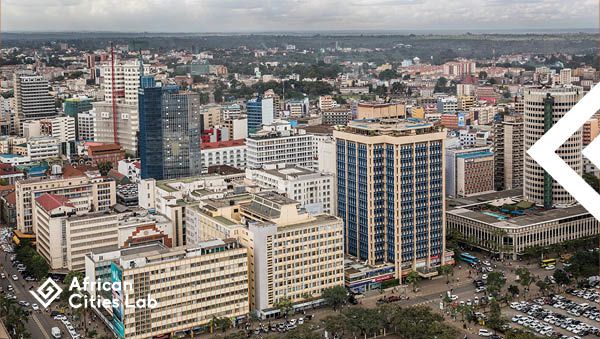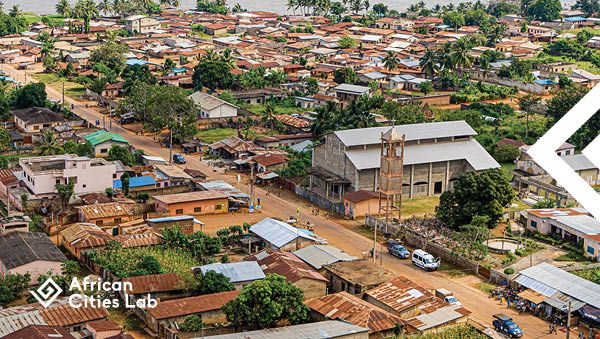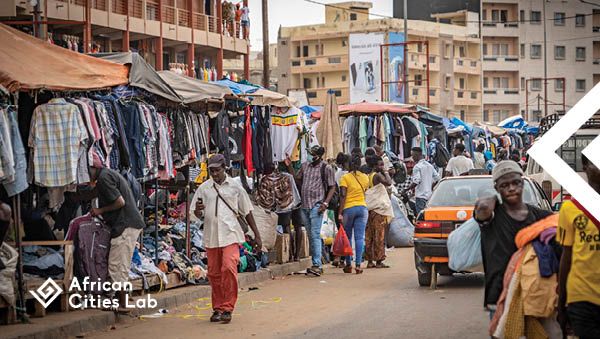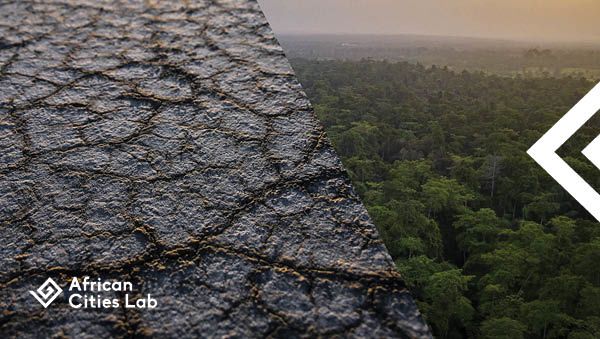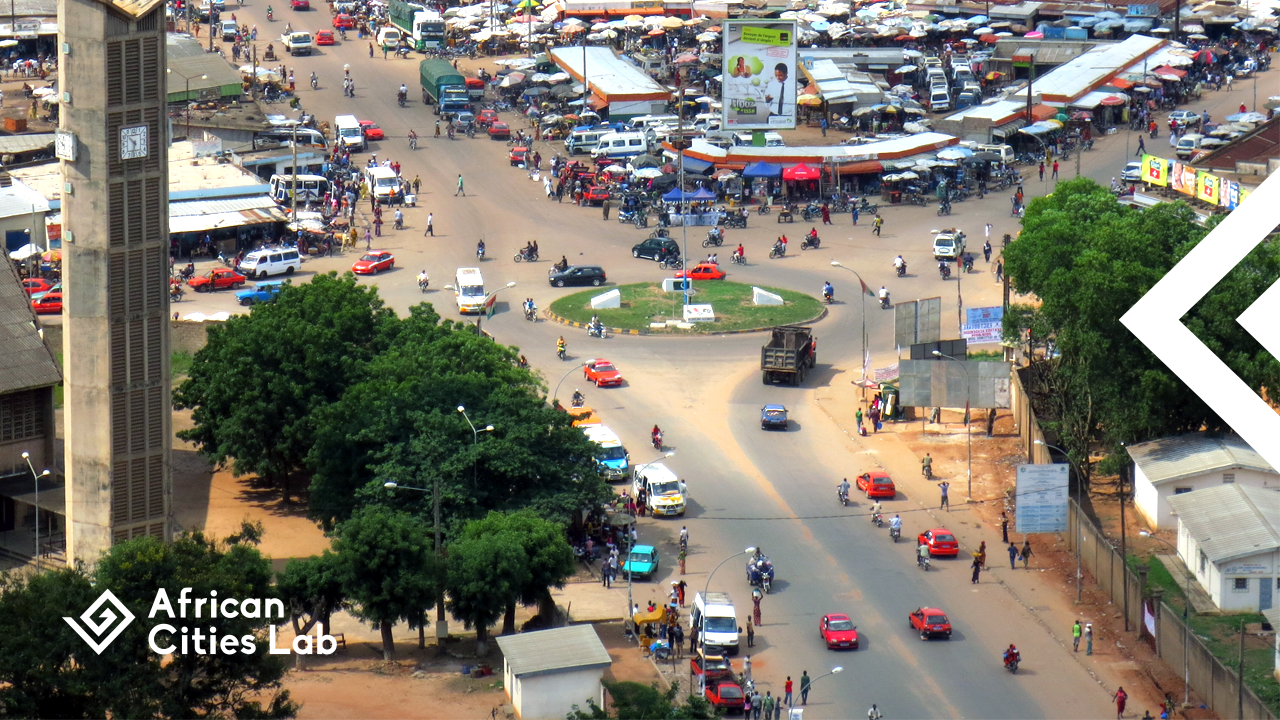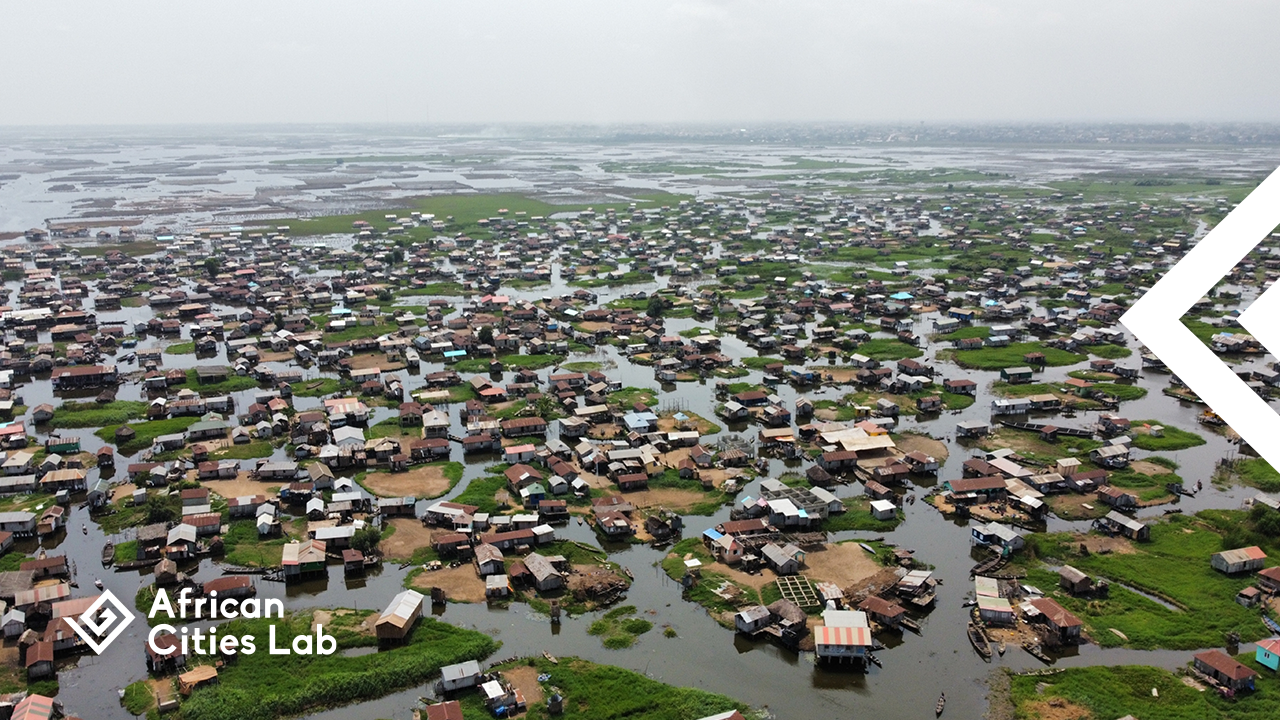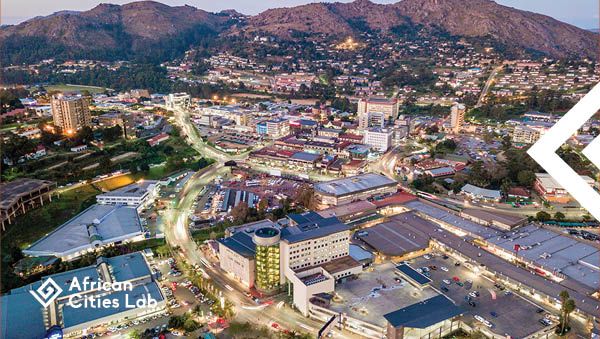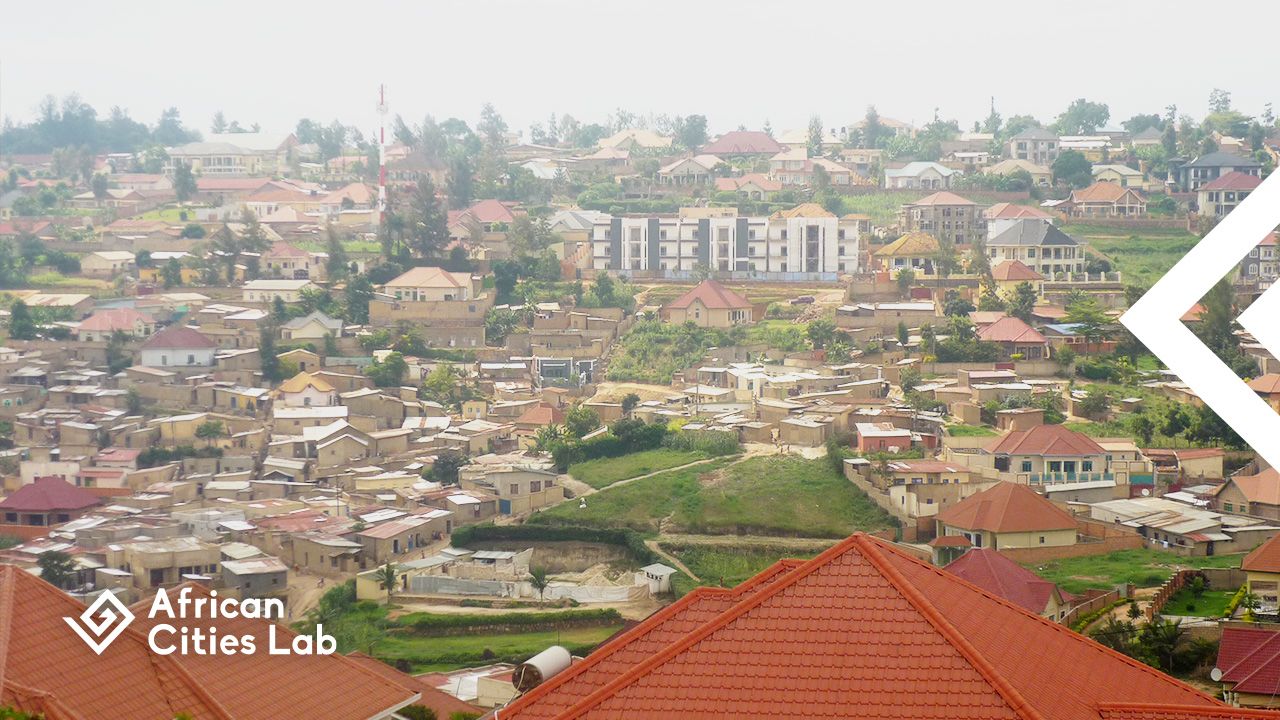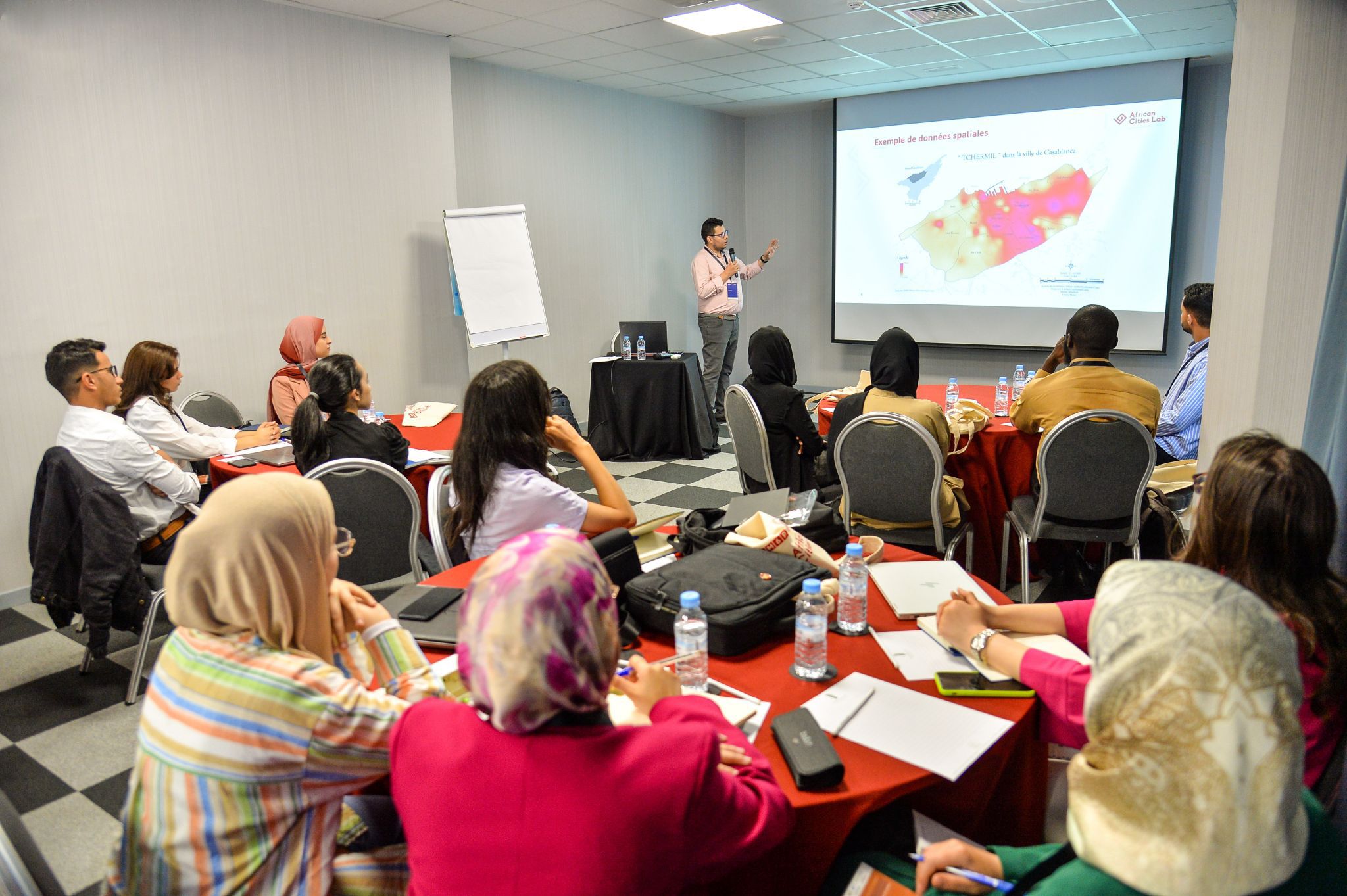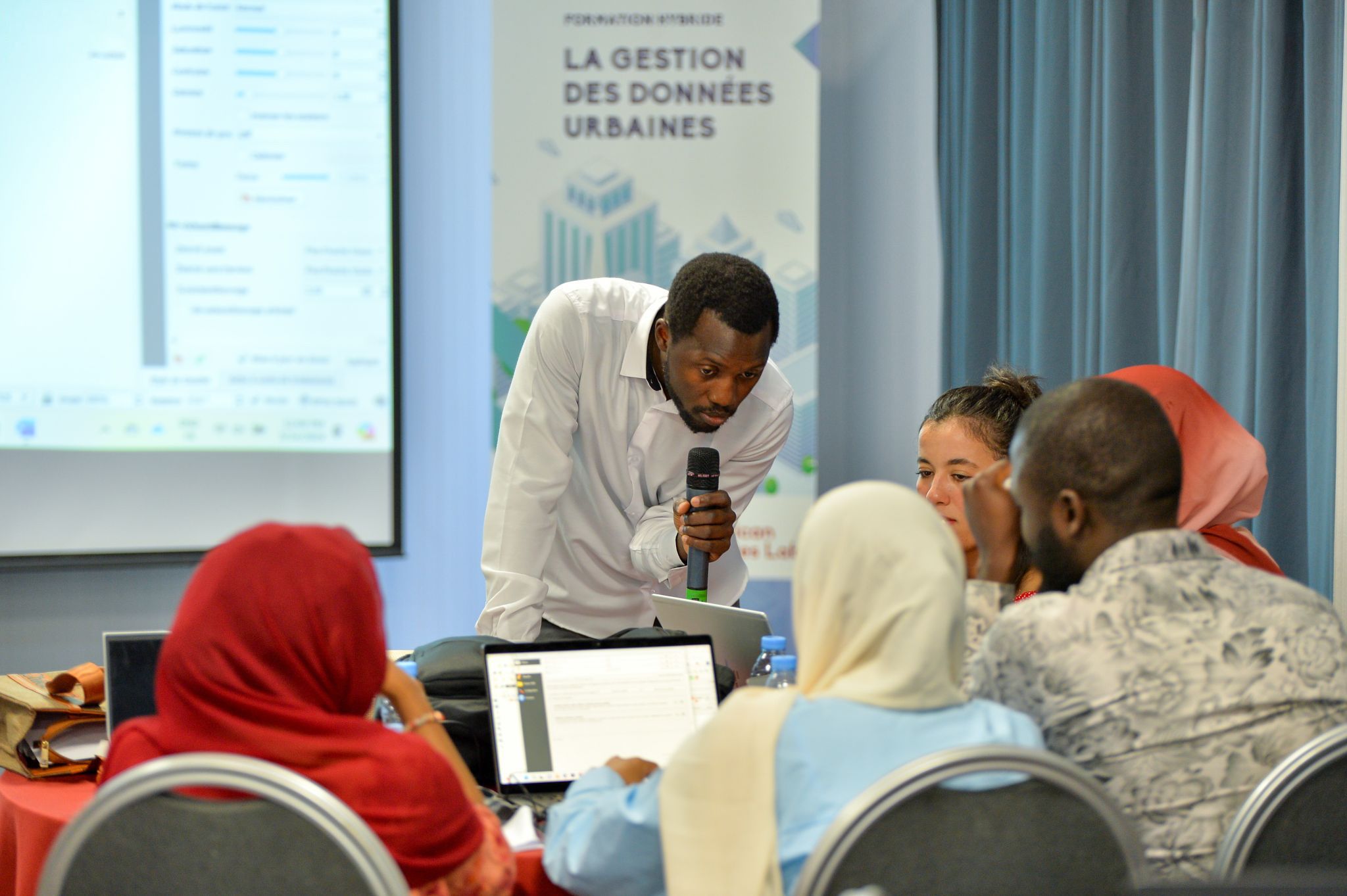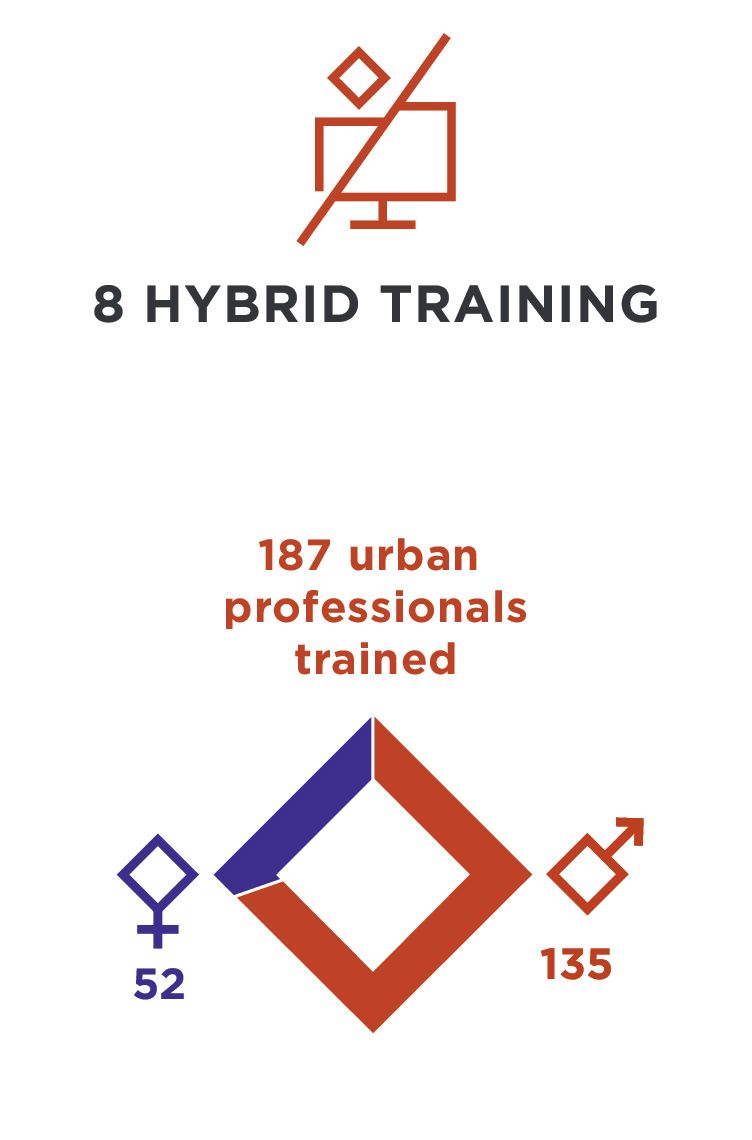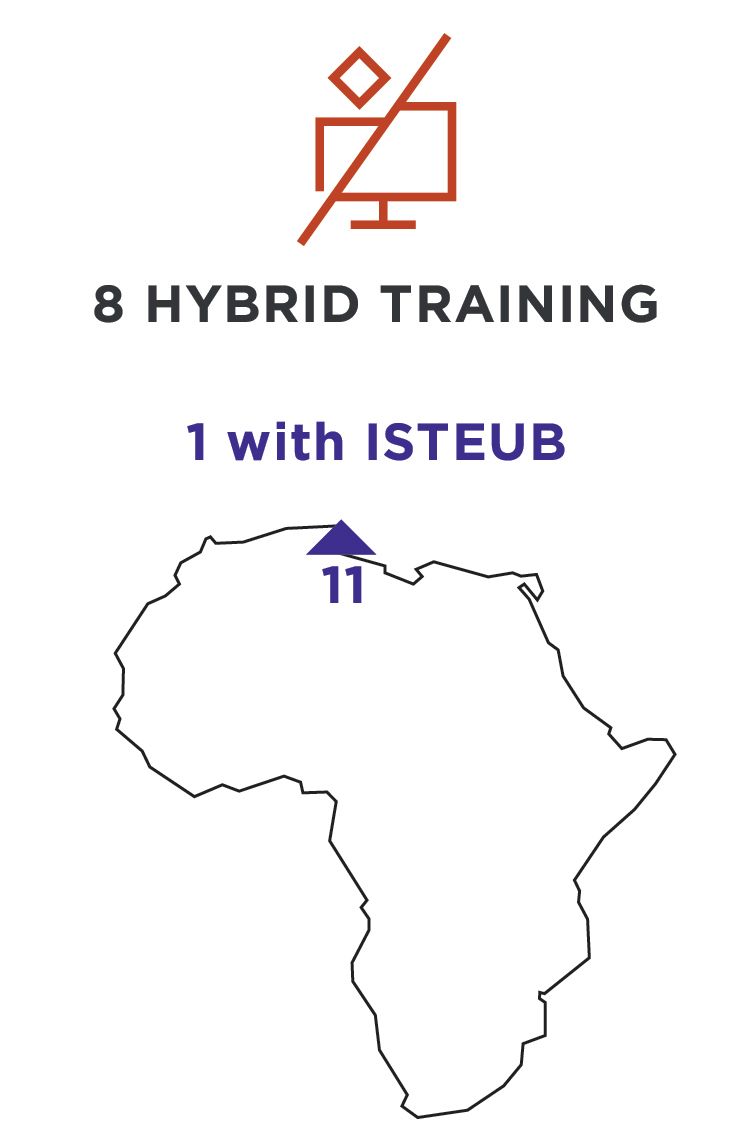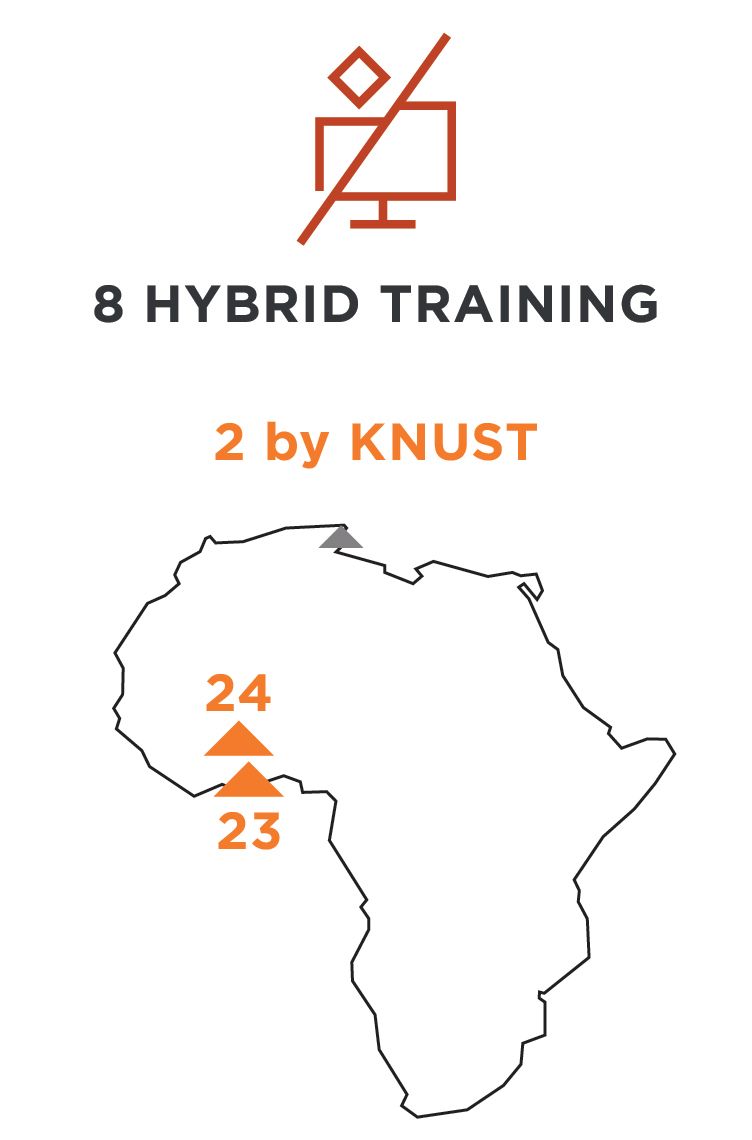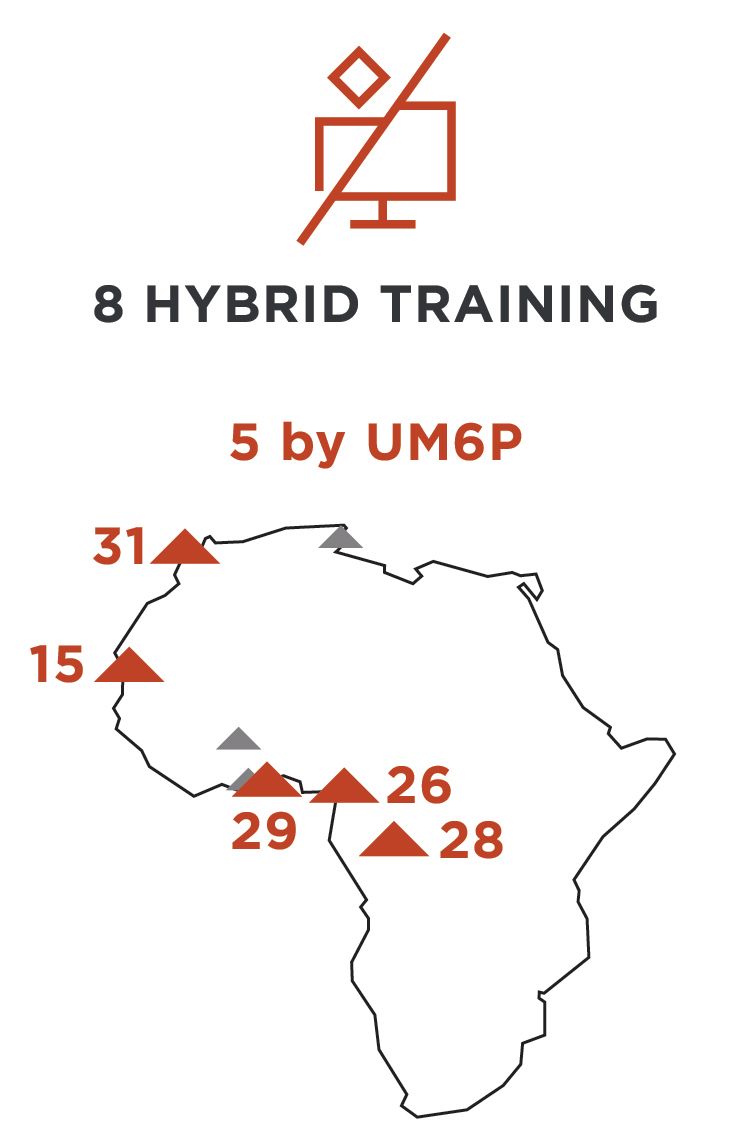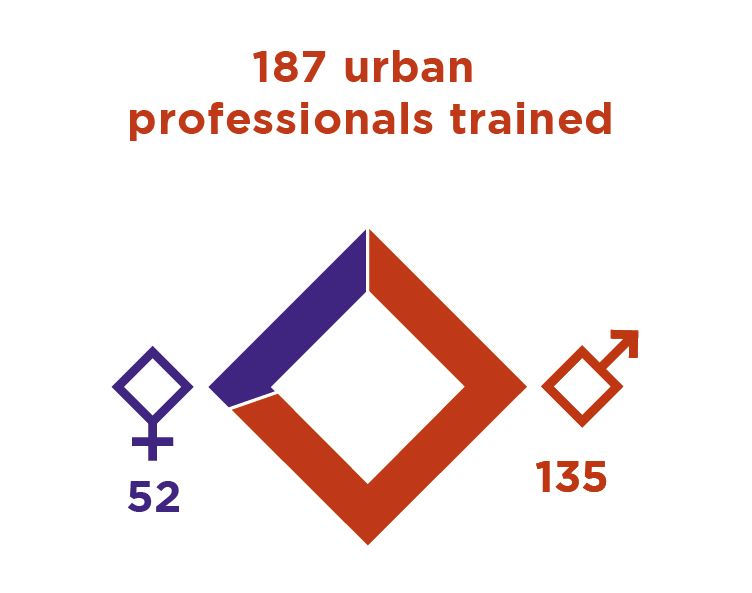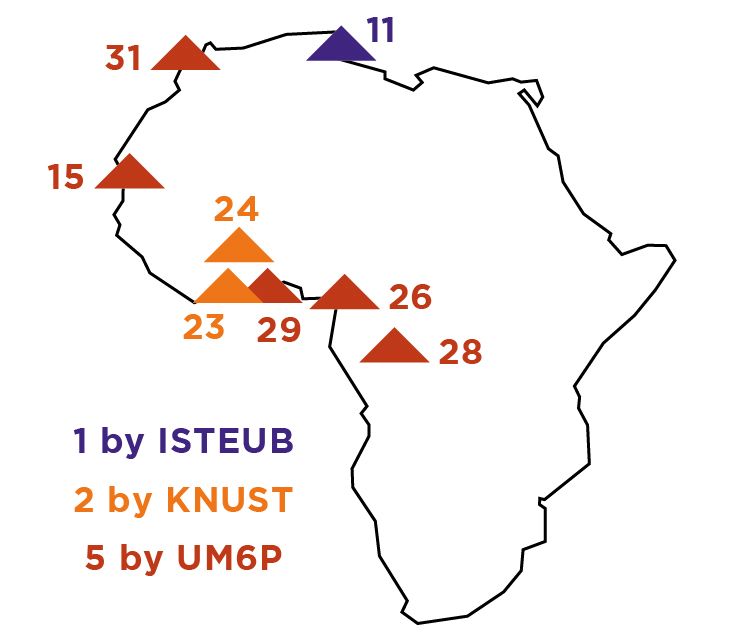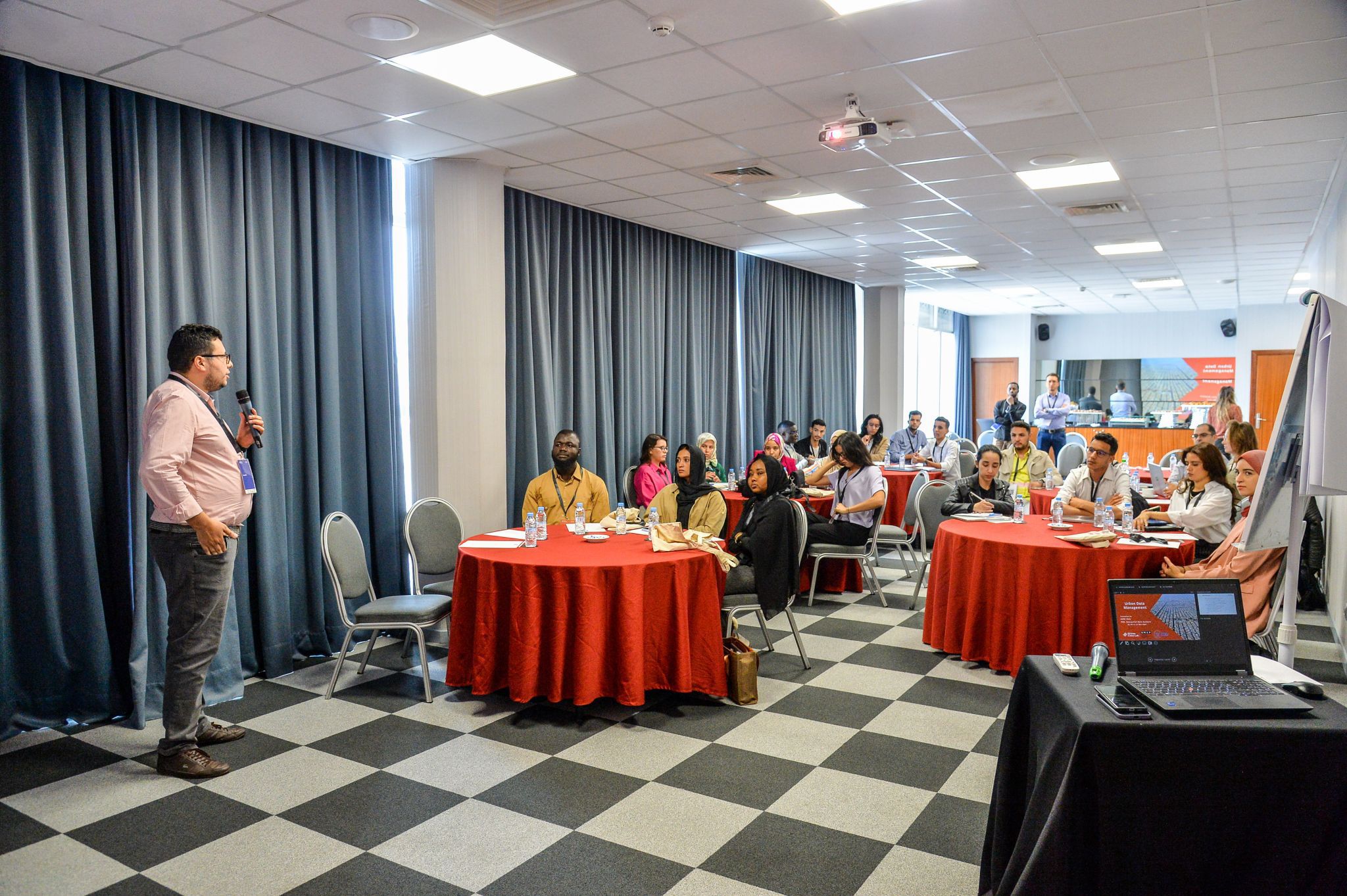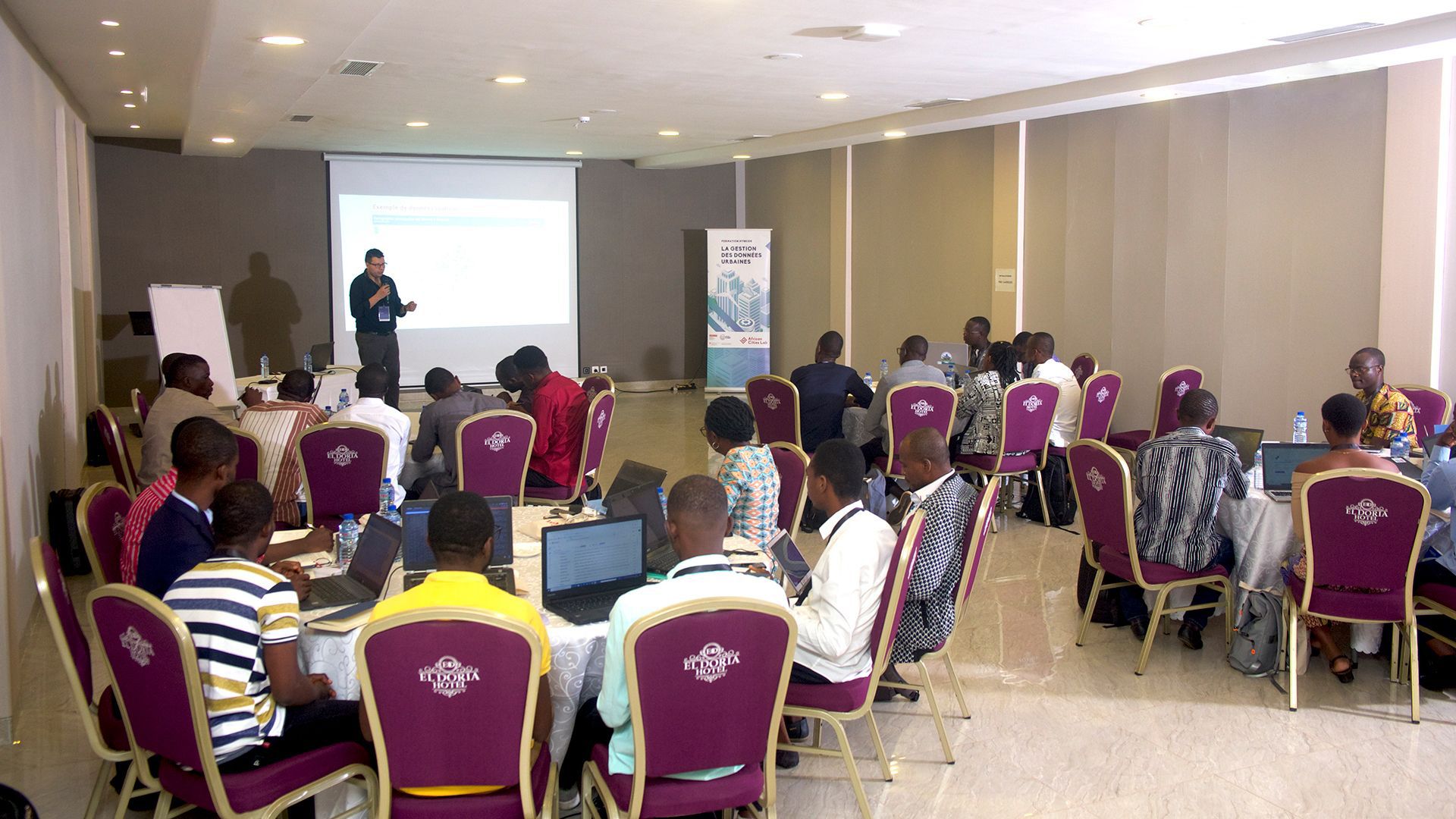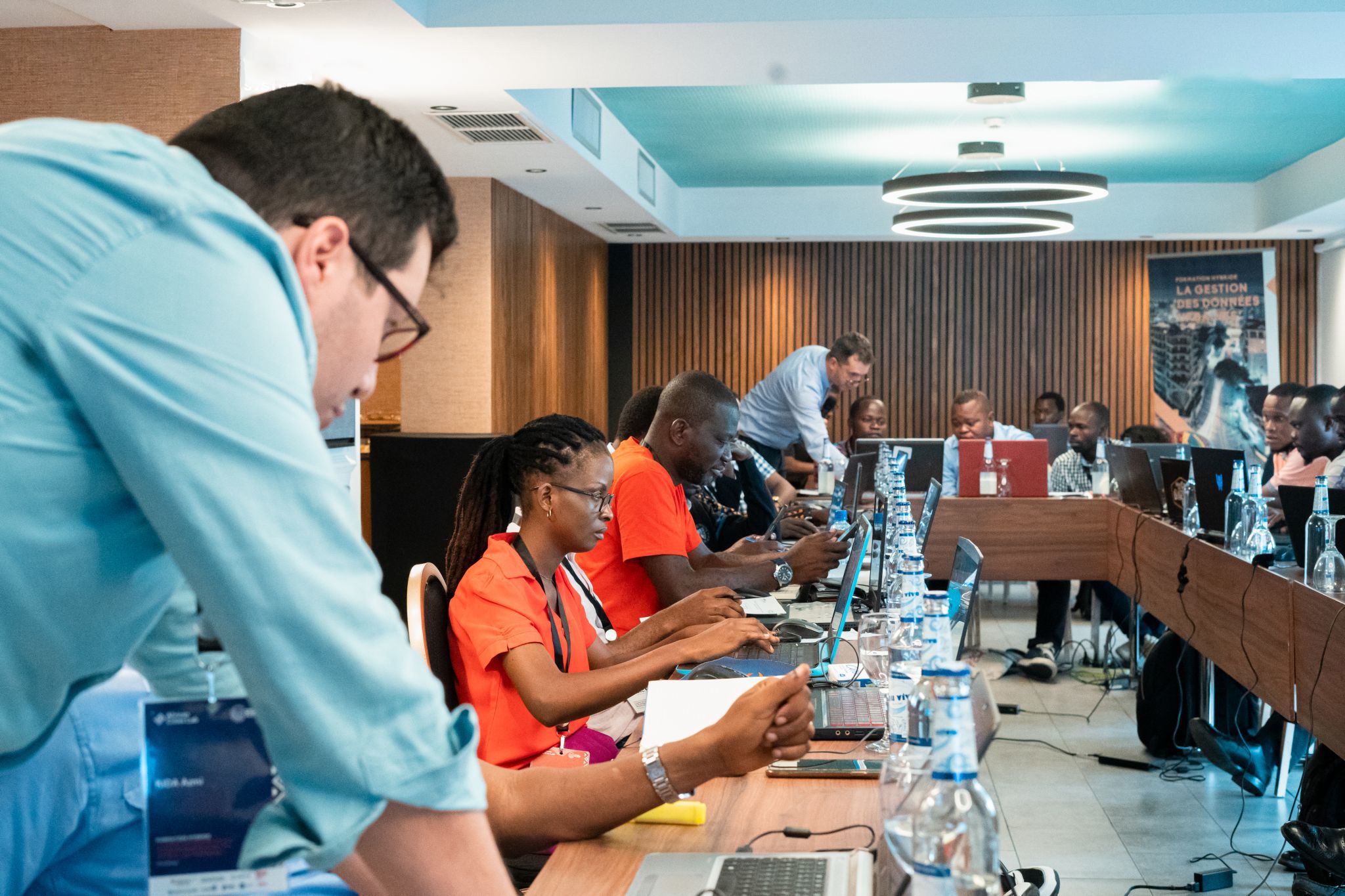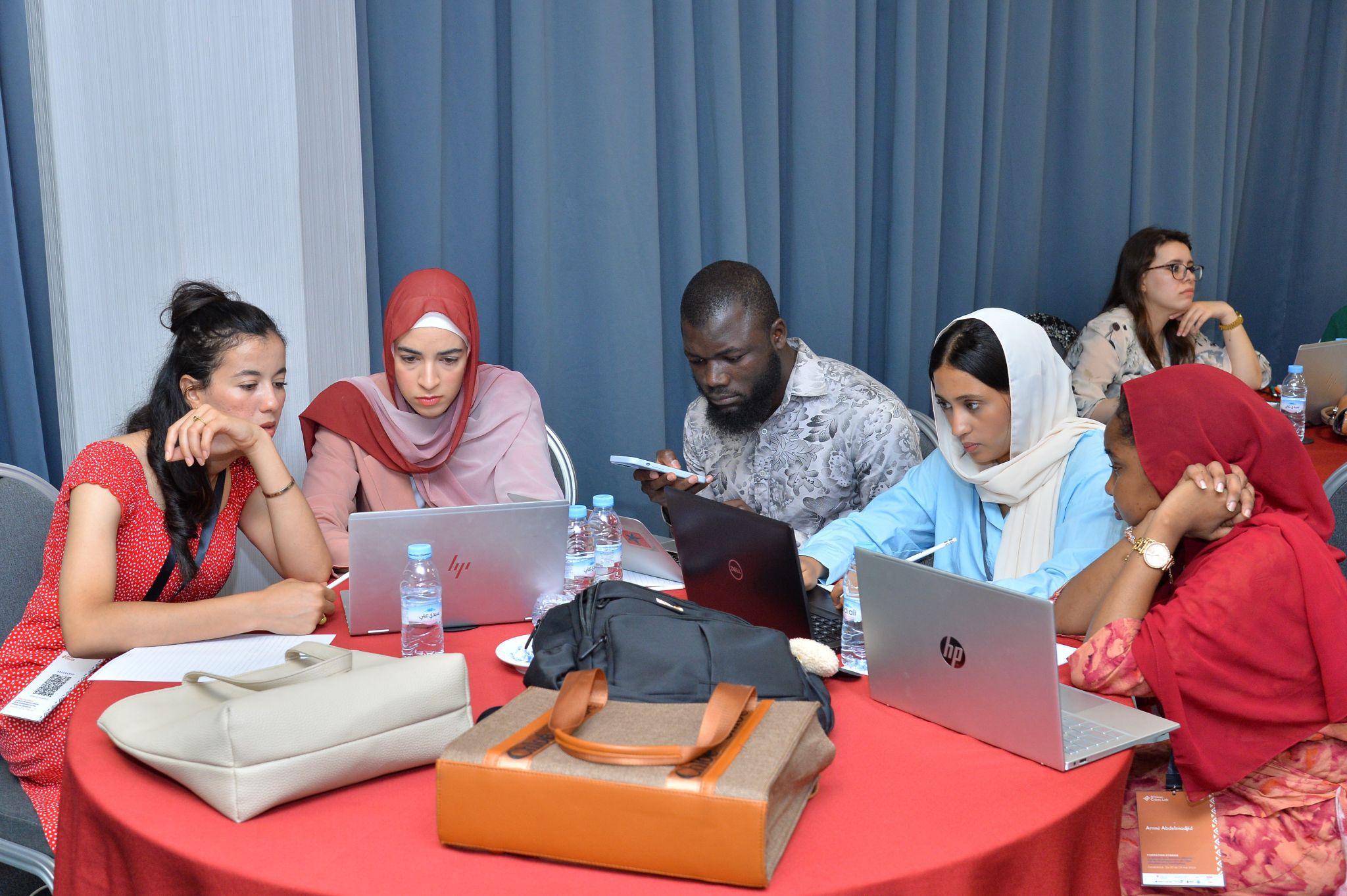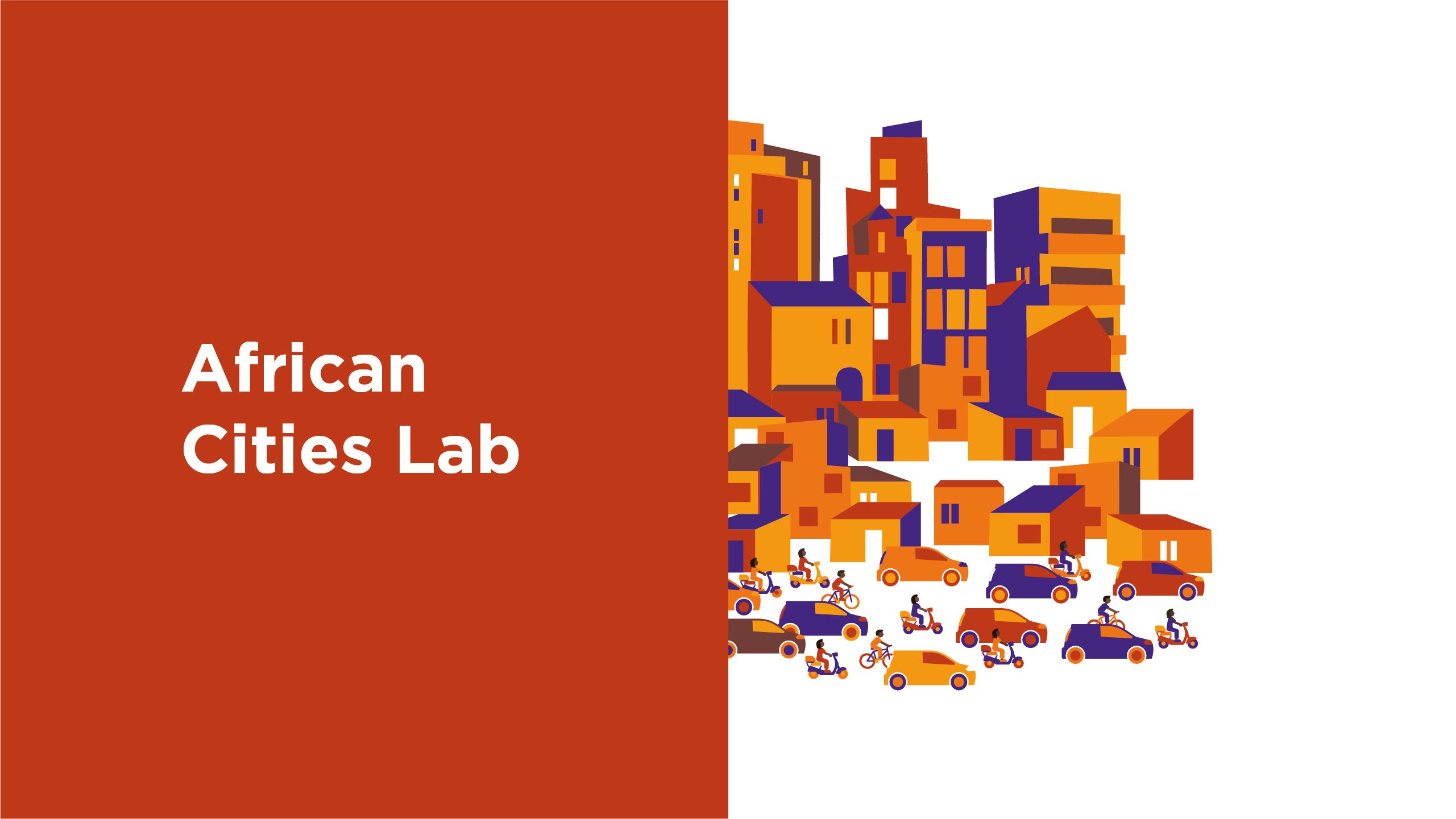

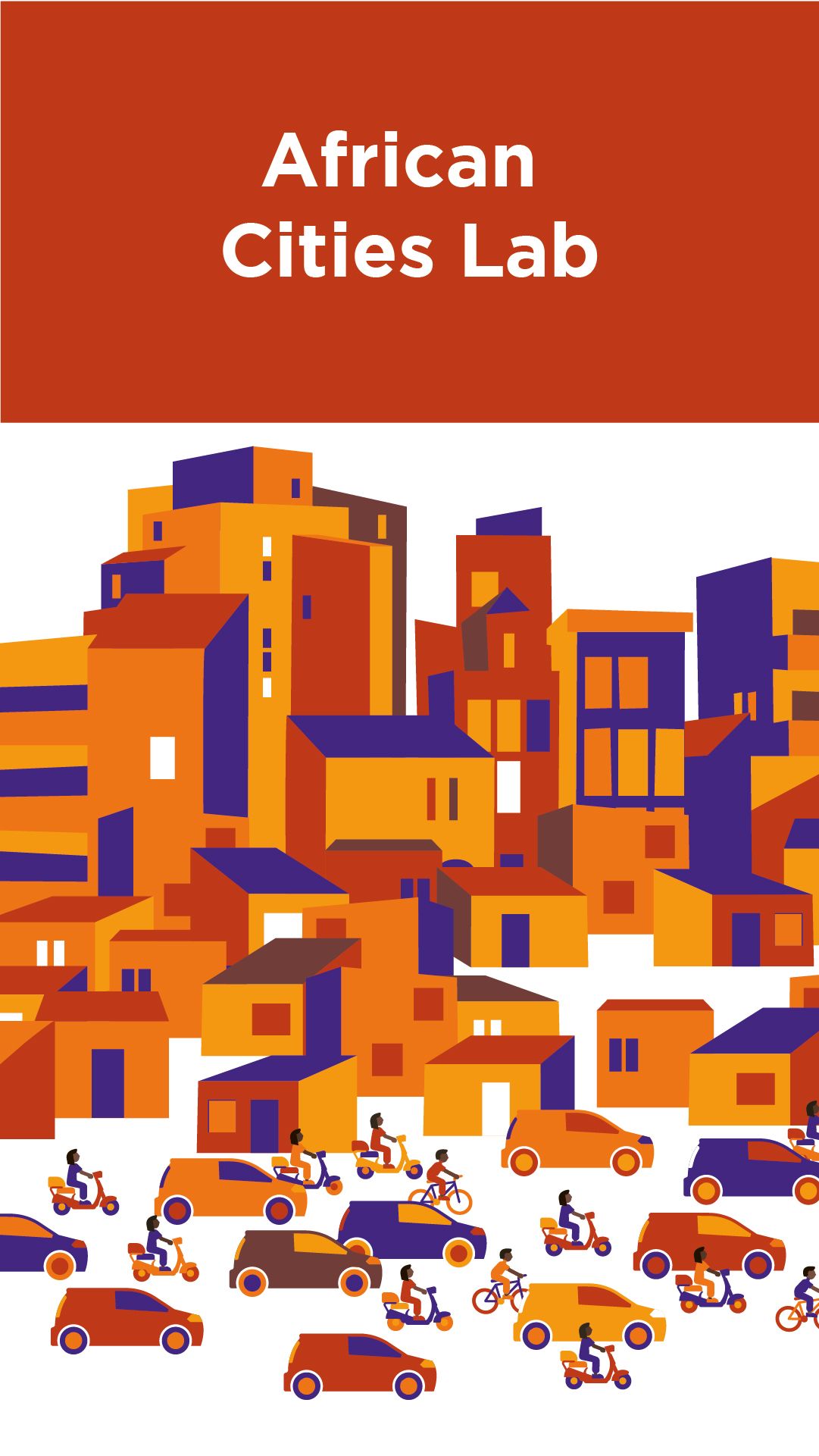
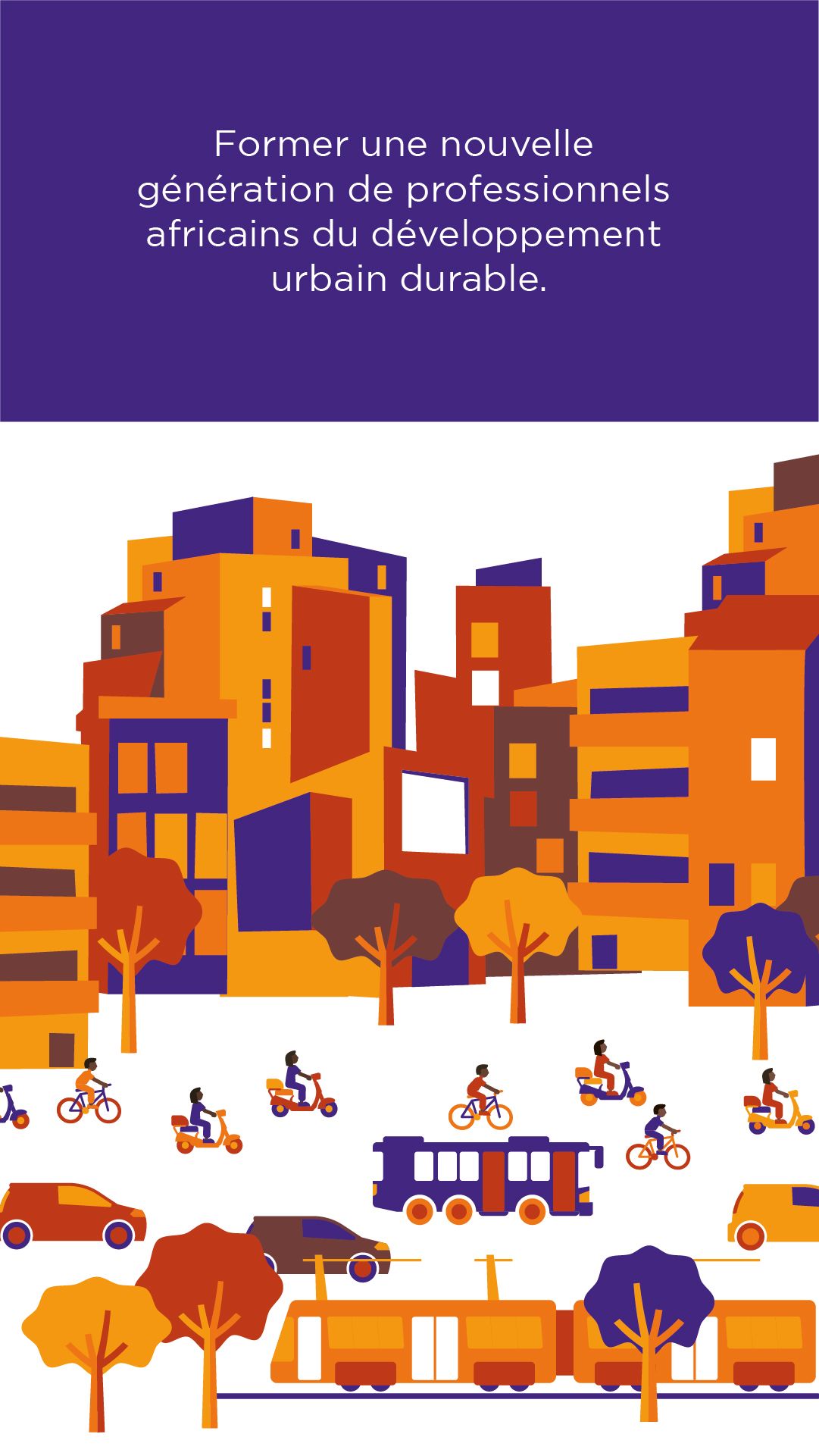
Our mission
Training a new generation of professionals to build the African cities of tomorrow
African Cities Lab 2023 SUMMIT (May 23 and 24, 2023)
African Cities Lab 2023 SUMMIT (May 23 and 24, 2023)
The development trajectory of African cities is far from sustainable. They face the immense challenge of having to offer their populations quality access to essential infrastructure and services. This challenge is all the more significant since, by 2050, Africa will have an additional 900 million inhabitants in its urban areas, bringing the city population to two-thirds of the continent's total population. We believe that building sustainable African cities that offer satisfactory living conditions will not be possible without appropriate training for the people responsible. That is why we have created the largest online learning platform on sustainable urban development in Africa.
"There was this project funded by UN-Habitat in the Savanes region of Burkina Faso that particularly caught my attention. As the person in charge of real estate assets in the Bobo area, we wanted to implement this project to eliminate informal settlements in sectors 33 and 24 of Bobo-Dioulasso. It was therefore necessary for me to find out more about the subject in order to better understand the issues and methods. [...] I wanted to deepen my knowledge, and that's when I discovered the ACL platform, which was exactly what I was looking for. So I drew on ACL courses to carry out my project successfully."
Anonymous, Burkina Faso, June 24, 2024
Partners
An African platform, designed by Africa and for Africa, whose development has been carried out collaboratively by six renowned French-speaking and English-speaking African academic institutions and the Swiss Federal Institute of Technology in Lausanne (EPFL), with a financial contribution from the Swiss State Secretariat for Economic Affairs.

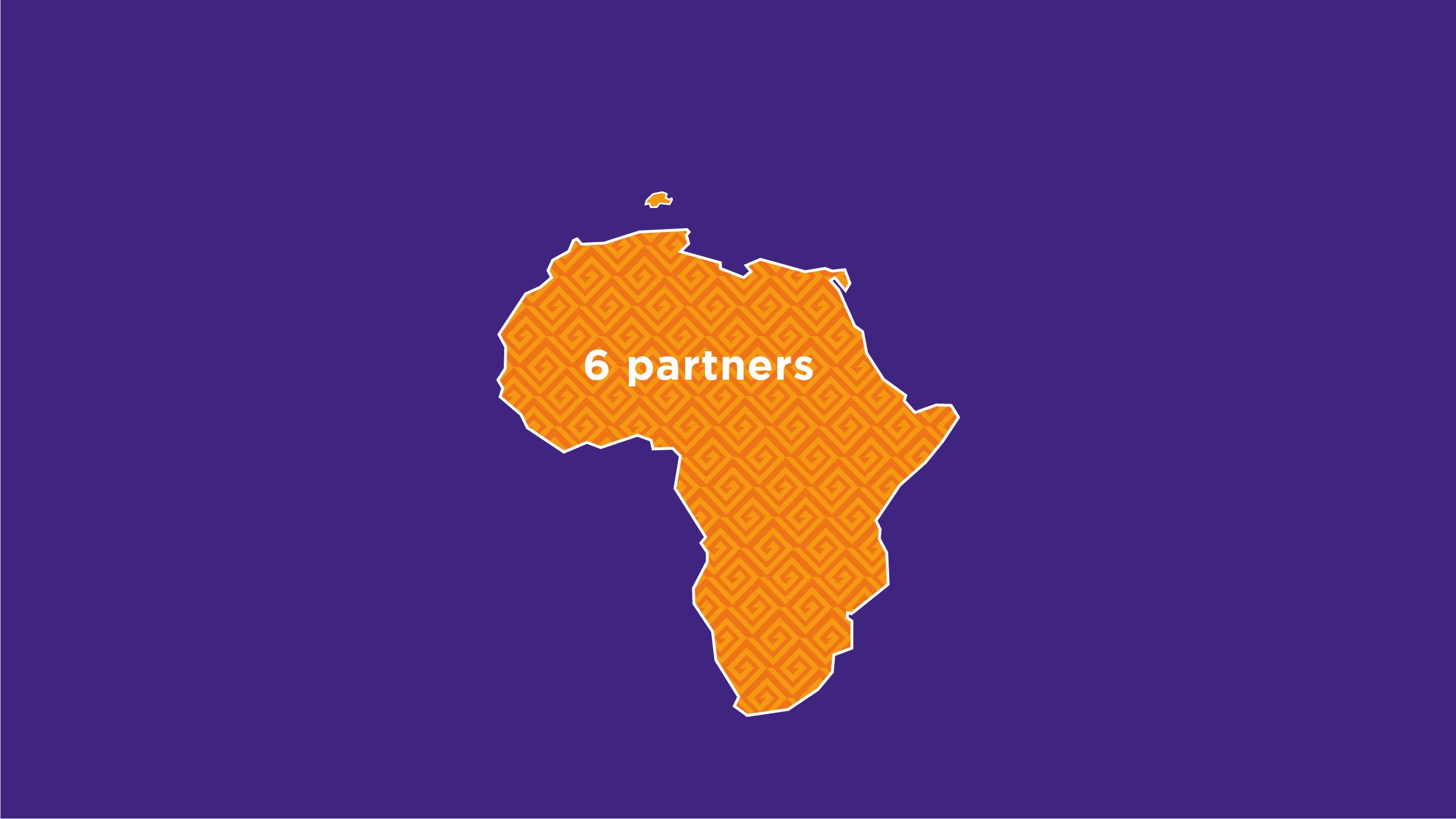
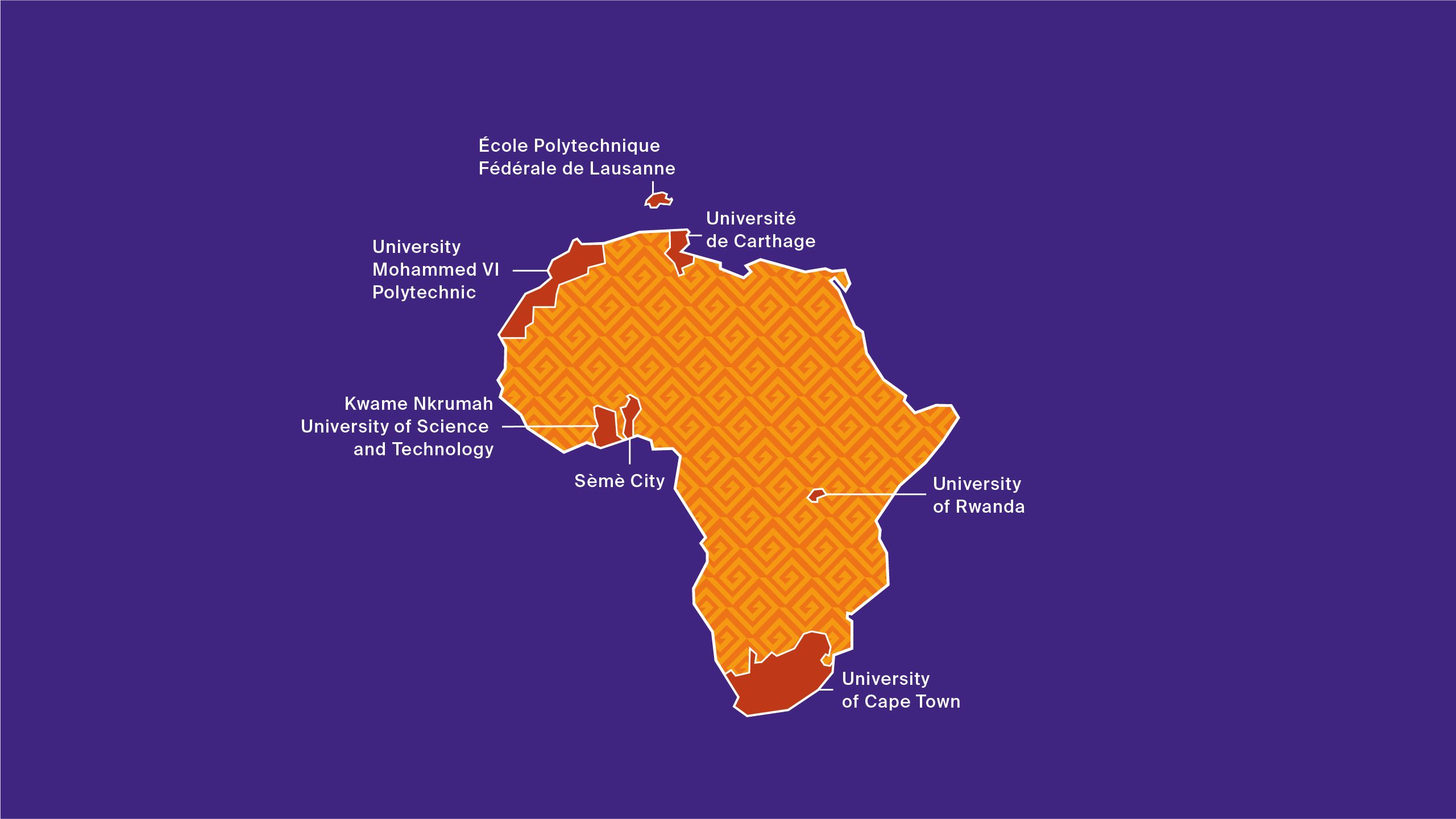
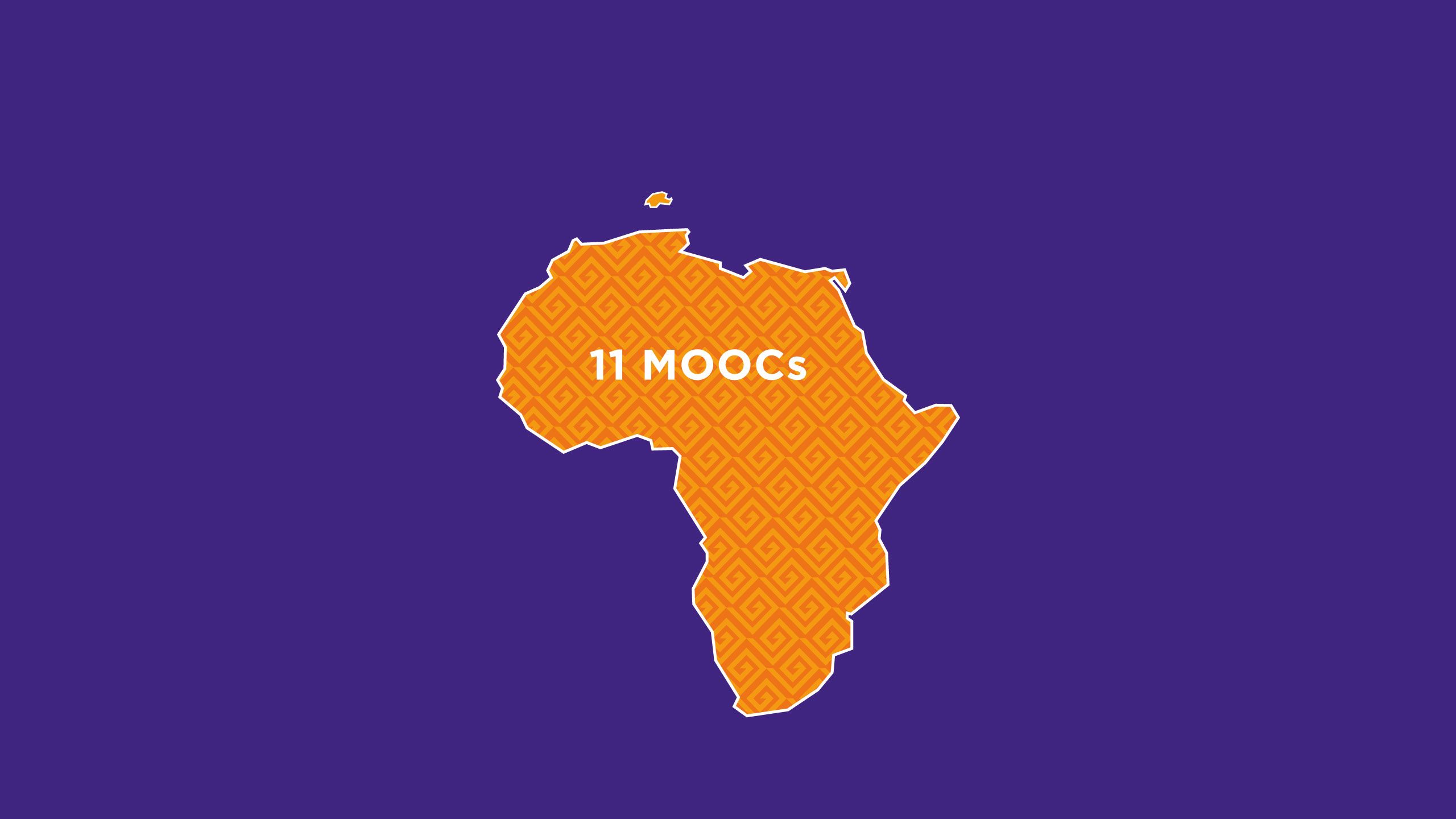
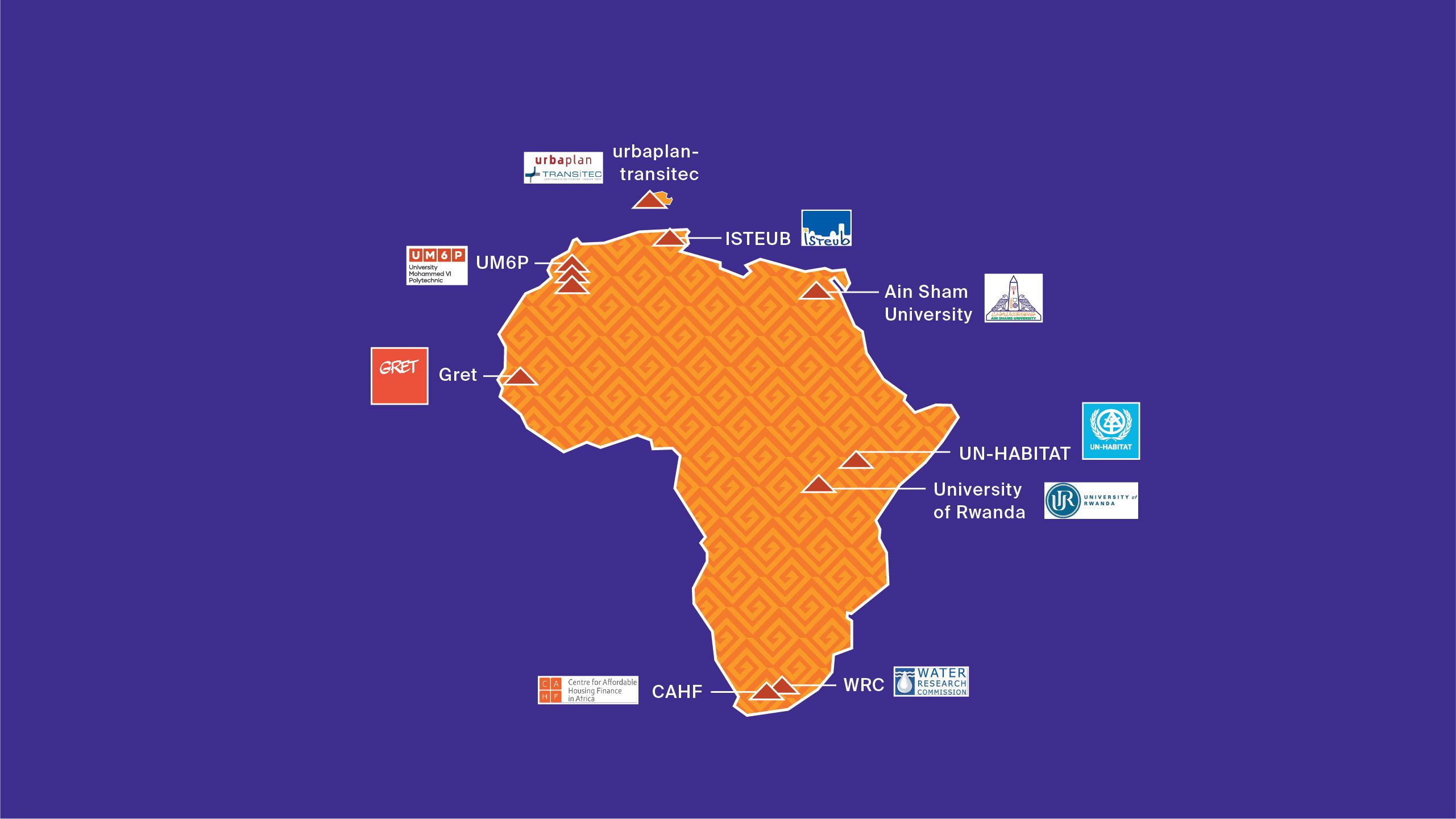
Implementation




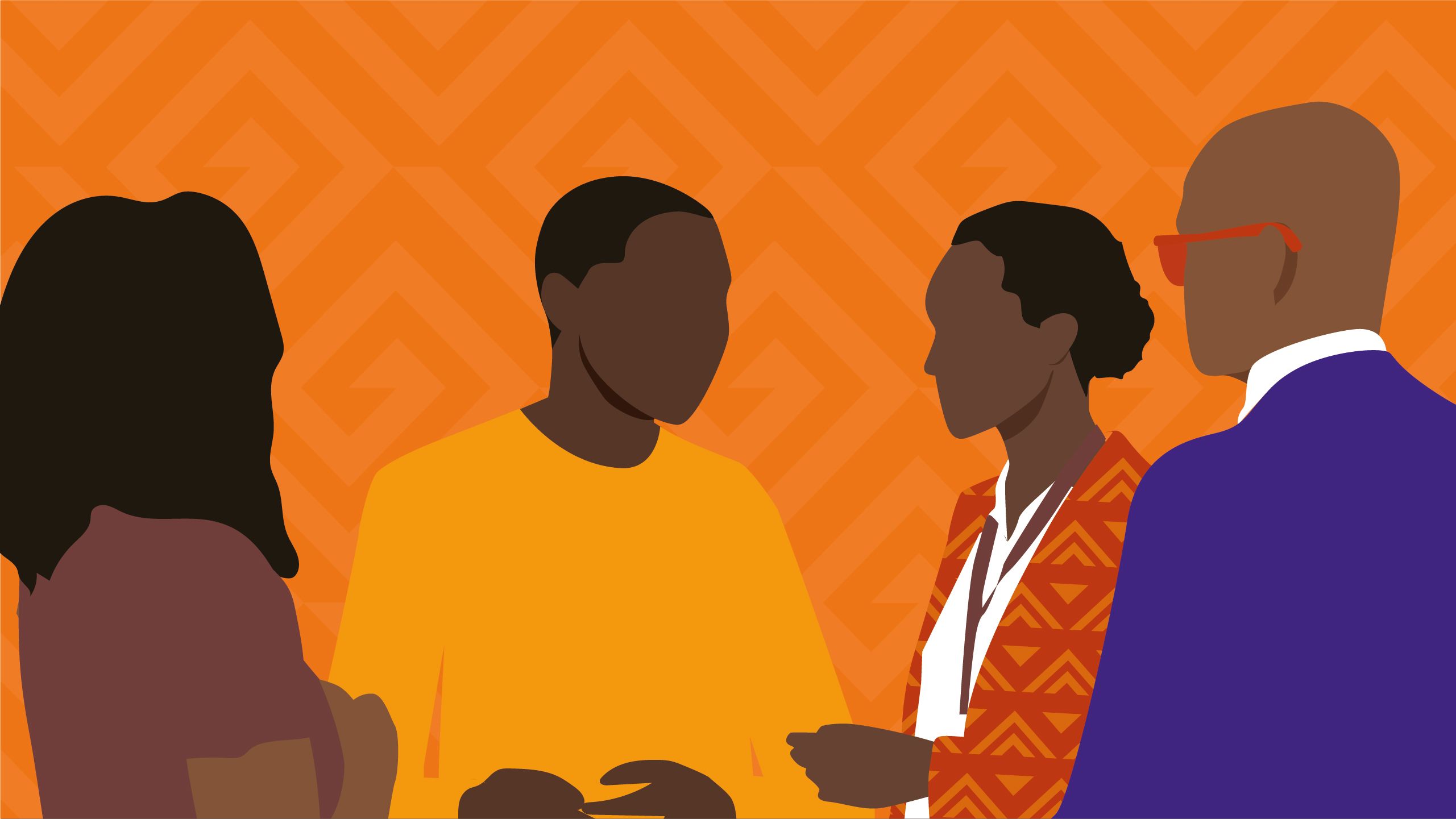
CALL FOR PROPOSALS FOR MOOCS
After the identification of priority topics on the advice of a scientific committee in support of a large-scale survey, an open and competitive call was launched to select proposals for MOOCs to be developed.
They mainly came from renowned African and international universities, including the project's partner universities.
In addition to the requirement that proposals meet the highest academic standards, local advisory committees ensured that the selected MOOCs also met the needs of professionals and key players in urban development in Africa.
14 MOOCs were selected and funded following this first call for proposals.
TRAVAIL D’ACCOMPAGNEMENT EN CONCEPTION PÉDAGOGIQUE POUR LA RÉALISATION DES MOOCS ET LEUR MISE EN LIGNE
The teams in charge of the selected MOOCs benefited from personalised technical and pedagogical support. Our digital education experts intervened according to the needs: definition of learning objectives, design and production of educational resources, integration on the platform, right up to the final launch of the online course.
With its expertise in educational innovation and continuing education, EPFL contributed its know-how, while the partner universities used their mastery of the topics covered and their networks of African experts to design original content.
IMPLEMENTATION OF THE PLATFORM
Hosted on a cloud server, the training platform (Open EDX) was launched in October 2022 and configured by a team involving experts from EPFL, UM6P, and Sèmè City.
With free access, it allows free consultation of all the MOOCs hosted on it.
Around 10,000 users are registered to date, and this figure is constantly growing.
DEVELOPMENT OF VOCATIONAL TRAINING PROGRAMMES
Continuing education in various formats has been offered to African professionals and decision-makers based on the MOOCs available on the platform.
Organised by the project's partner universities, they have made it possible to truly anchor the knowledge provided by the MOOCs in daily practices in the field. Hybrid training sessions (online and then face-to-face) were held in eight different countries on the topics of resilient housing, sustainable urban mobility, and the use of digital data to optimise the planning and management of urban spaces. A total of around 200 professionals took part.
An executive master's programme has also been developed on the theme of the African Smart City, as well as a high-level certificate programme on urban planning in Africa.
DISSEMINATION AND NETWORKING
The project also aimed to disseminate best practices in sustainable urban planning and to create a network of key players in different countries.
In addition to strengthening collaboration between the partner institutions, the project promoted synergies between academics, policy makers, national and local government officials, private sector actors and young professionals in training across the continent through targeted initiatives.
The following events were organised: an international conference on the potential of digital data for urban Africa, a high-level masterclass for mayors and governors of major cities, a series of webinars on MOOC topics, and an image competition (video and photos) for students and young professionals.
"My expectations were fully met, because the course content addressed precisely the aspects I was looking for and that I couldn't find on other platforms. It was very practice-oriented, with concrete examples to support it. The theoretical part was well developed, and at the end, practical cases were presented in detail, which perfectly met my expectations. The content of the course was really what I was looking for."
Alfred Djemadji
Burkina Faso, August 12, 2024
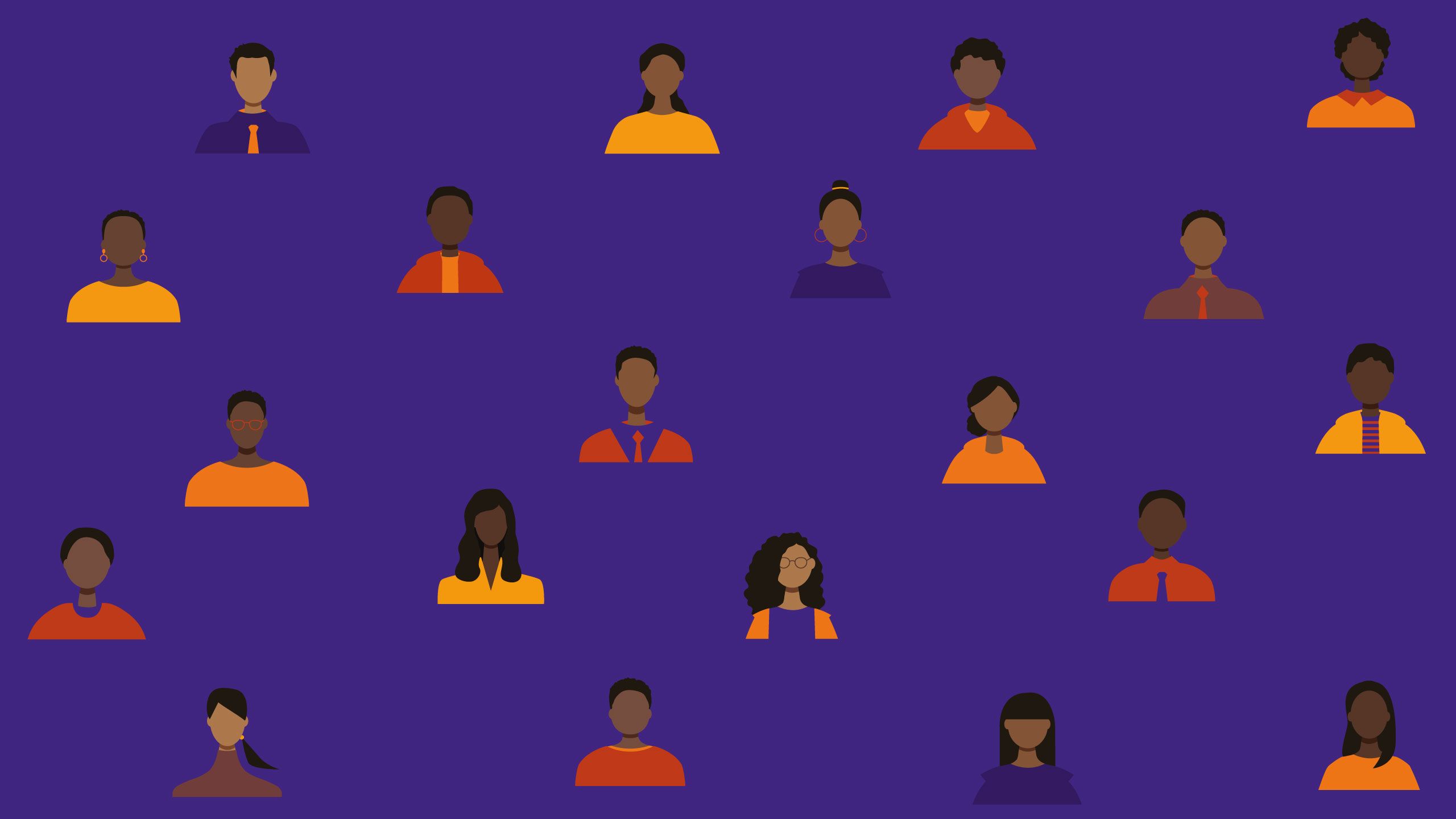
"My expectations were fully met, because the course content addressed precisely the aspects I was looking for and that I couldn't find on other platforms. It was very practice-oriented, with concrete examples to support it. The theoretical part was well developed, and at the end, practical cases were presented in detail, which perfectly met my expectations. The content of the course was really what I was looking for."
Alfred Djemadji
Burkina Faso, August 12, 2024
11 MOOCs
As part of the project, 11 high added-value MOOCs have been designed, all focusing on urban themes prioritised by the scientific committee. Available in English and French, with subtitles in the other language, these open-access and completely free courses award a certificate of achievement to participants who have completed their training. To date, around 700 certificates have already been awarded.

Digital Governance for inclusive and sustainable African cities
10 July 2023 / UN-HABITAT
La gestion des données urbaines: clé du développement de villes africaines plus intelligentes
17 July 2023 / UM6P
Making housing markets work in African cities: understanding the role and opportunity of finance
15 August 2023 / CAHF
La fabrique urbaine collective:
idées et outils pour co-produire les villes africaines
25 September 2023 / Gret
African Urban Economic Development in the Context of Climate Change
18 October 2023 / UM6P
Introduction to New Sanitation Systems, Economies & Markets
25 October 2023 / Water Research Commission
Articulation Urbanisme -
Mobilité pour une ville soutenable
13 November 2023 / urbaplan-transitec
Le solaire photovoltaïque et ses applications au profit du développement urbain
31 January 2024 / UM6P
Urban AI for Sustainable and Equitable Smart African Cities
1st July 2024 / SFCL_Ainshamsuniversity
Neighbourhood Development in African Cities
20 January 2025 / University of Rwanda
African Cities Lab Training
Tour
In addition to providing knowledge on sustainable urban planning on a large scale, the project has endeavoured to effectively embed this knowledge in the practices of professionals and decision-makers. A series of hybrid training courses have thus been organised in eight major cities across the continent by teams from the partner institutions, on topics that meet local needs.

Hybrid Training Tour
The hybrid approach adopted for these training courses included an initial online phase, based on a MOOC or specific educational content hosted on the platform, followed by a second face-to-face phase, led by the MOOC teaching team in the beneficiary city. 20 to 30 professionals with varied profiles took part in each of these sessions. The variety of their profiles not only enriched the discussions during the sessions, but also made it possible to reach professionals from various sectors: central government, municipal services, the private sector, academia, NGOs and civil society.
Hybrid Training Tour on urban data management in Casablanca. ©CUS-UM6P
Hybrid Training Tour on urban data management in Casablanca. ©CUS-UM6P
A total of eight sessions were organised. In Tunisia, by ISTEUB - University of Carthage (one session) on the theme of resilient housing; in Ghana by the TRECK - KNUST centre (two sessions) on sustainable urban mobility; in the DRC, Cameroon, Morocco, Togo, and in Mauritania by UM6P on the theme of urban data management. These sessions have enabled the skills of around 200 participants to be strengthened in these areas, skills that are now being put into practice in their professional activities.
Hybrid Training Tour on urban data management in Casablanca. ©CUS-UM6P
Hybrid Training Tour on urban data management in Casablanca. ©CUS-UM6P
The success of these courses is testament, on the one hand, to the relevance of the approach used, which allows for greater flexibility during the online phase for learners, optimisation of face-to-face time, more effective learning and interactions, and a reduction in logistical costs. On the other hand, this success unfortunately confirms the immensity of the challenge to be met in terms of strengthening local capacities in sustainable urban planning.
A model for organising these training courses that would further optimise their logistical costs has yet to be defined. Co-financing of the initial phase of the project by SECO has made it possible to cover all the financial needs of all the sessions, but the beneficiary cities should, in a next phase, bear the major logistical costs. This is one of the conditions necessary for the deployment of ACL hybrid training courses on a large scale.
Hybrid Training Tour
The hybrid approach adopted for these training courses included an initial online phase, based on a MOOC or specific educational content hosted on the platform, followed by a second face-to-face phase, led by the MOOC teaching team in the beneficiary city. 20 to 30 professionals with varied profiles took part in each of these sessions.
The variety of their profiles not only enriched the discussions during the sessions, but also made it possible to reach professionals from various sectors: central government, municipal services, the private sector, academia, NGOs and civil society.
Hybrid Training Tour on urban data management in Casablanca. ©CUS-UM6P
Hybrid Training Tour on urban data management in Casablanca. ©CUS-UM6P
A total of eight sessions were organised. In Tunisia, by ISTEUB - University of Carthage (one session) on the theme of resilient housing; in Ghana by the TRECK - KNUST centre (two sessions) on sustainable urban mobility; in the DRC, Cameroon, Morocco, Togo, and in Mauritania by UM6P on the theme of urban data management. These sessions have enabled the skills of around 200 participants to be strengthened in these areas, skills that are now being put into practice in their professional activities.
The success of these courses is testament, on the one hand, to the relevance of the approach used, which allows for greater flexibility during the online phase for learners, optimisation of face-to-face time, more effective learning and interactions, and a reduction in logistical costs. On the other hand, this success unfortunately confirms the immensity of the challenge to be met in terms of strengthening local capacities in sustainable urban planning.
A model for organising these training courses that would further optimise their logistical costs has yet to be defined. Co-financing of the initial phase of the project by SECO has made it possible to cover all the financial needs of all the sessions, but the beneficiary cities should, in a next phase, bear the major logistical costs. This is one of the conditions necessary for the deployment of ACL hybrid training courses on a large scale.
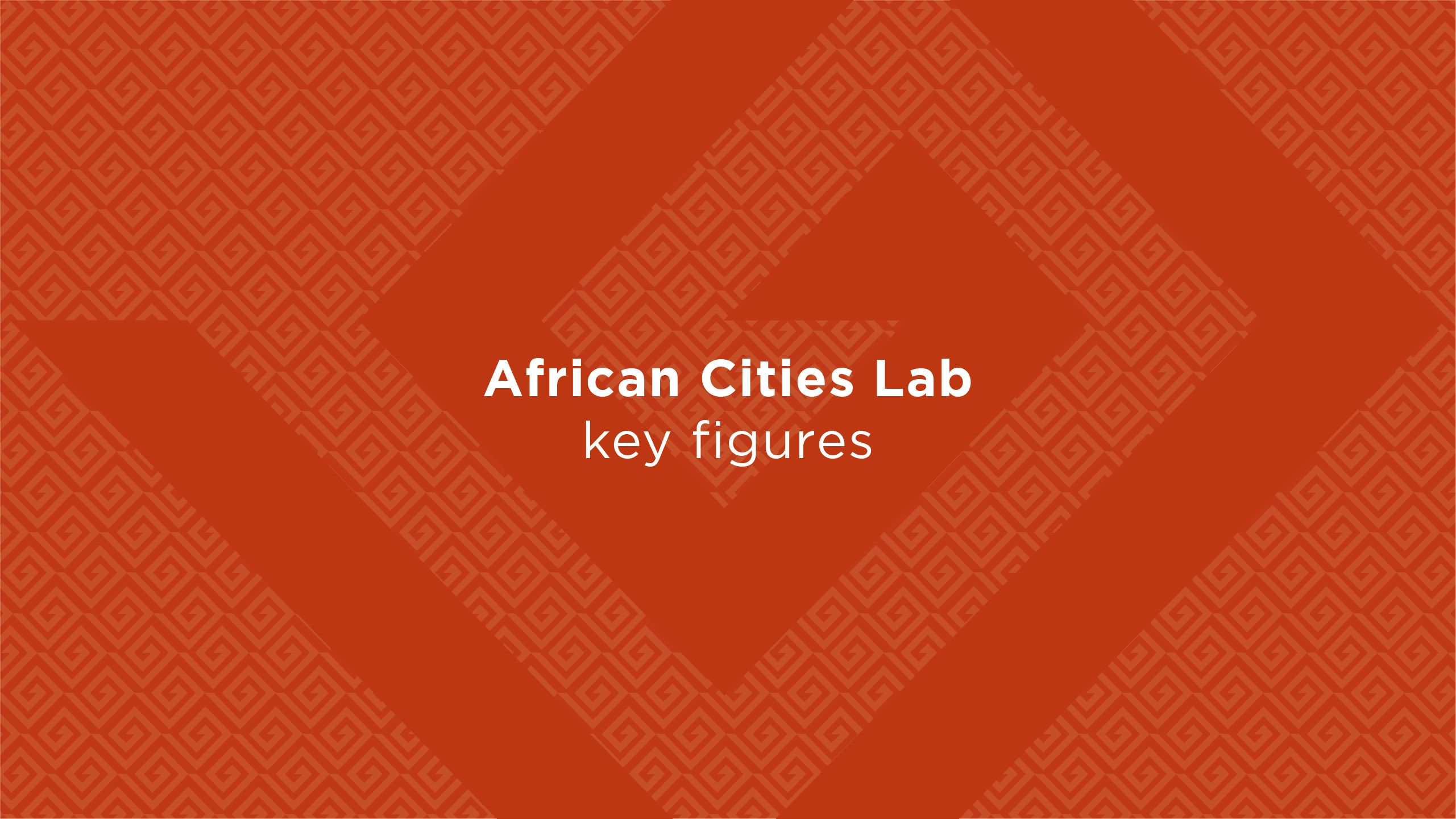
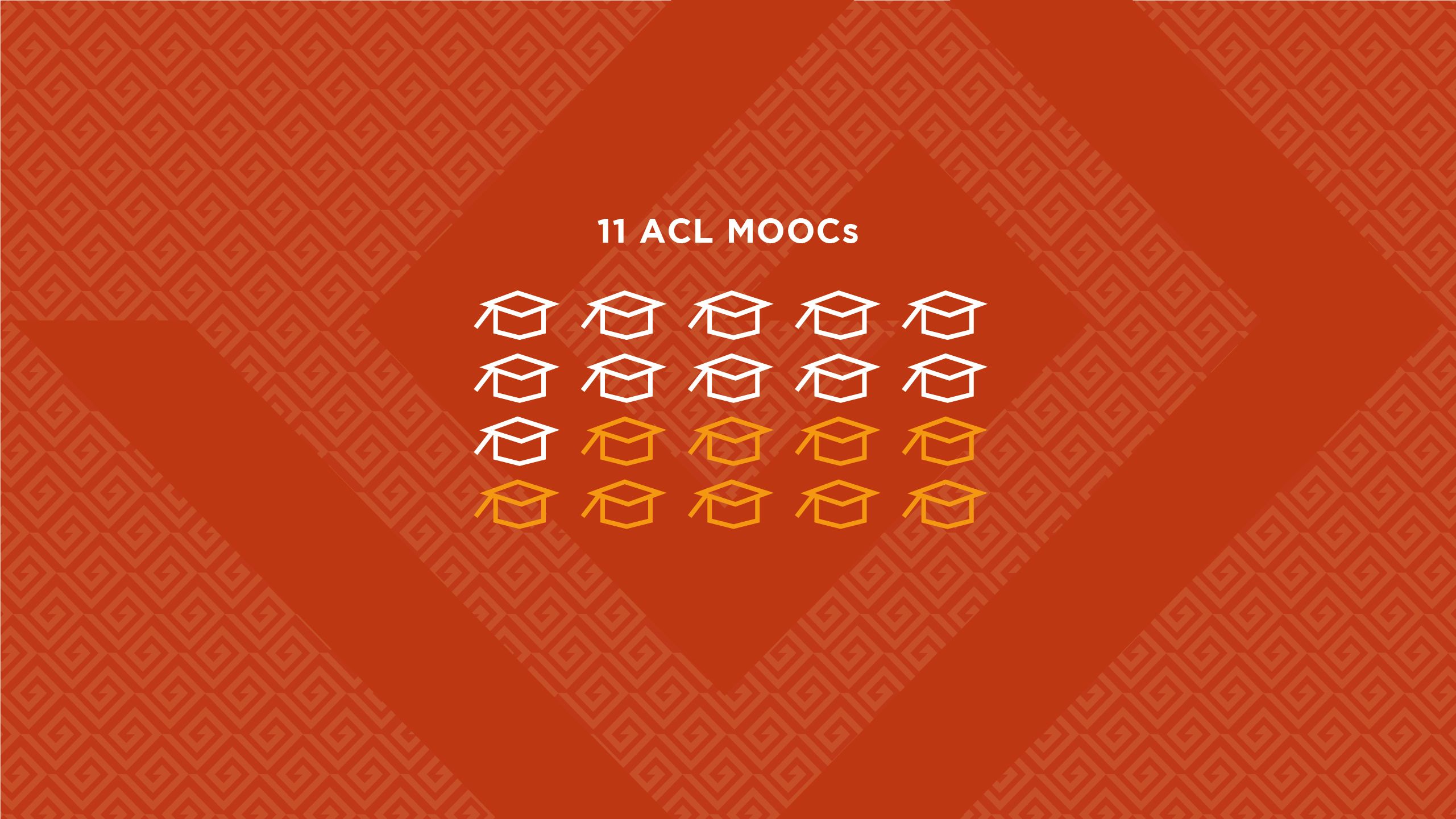
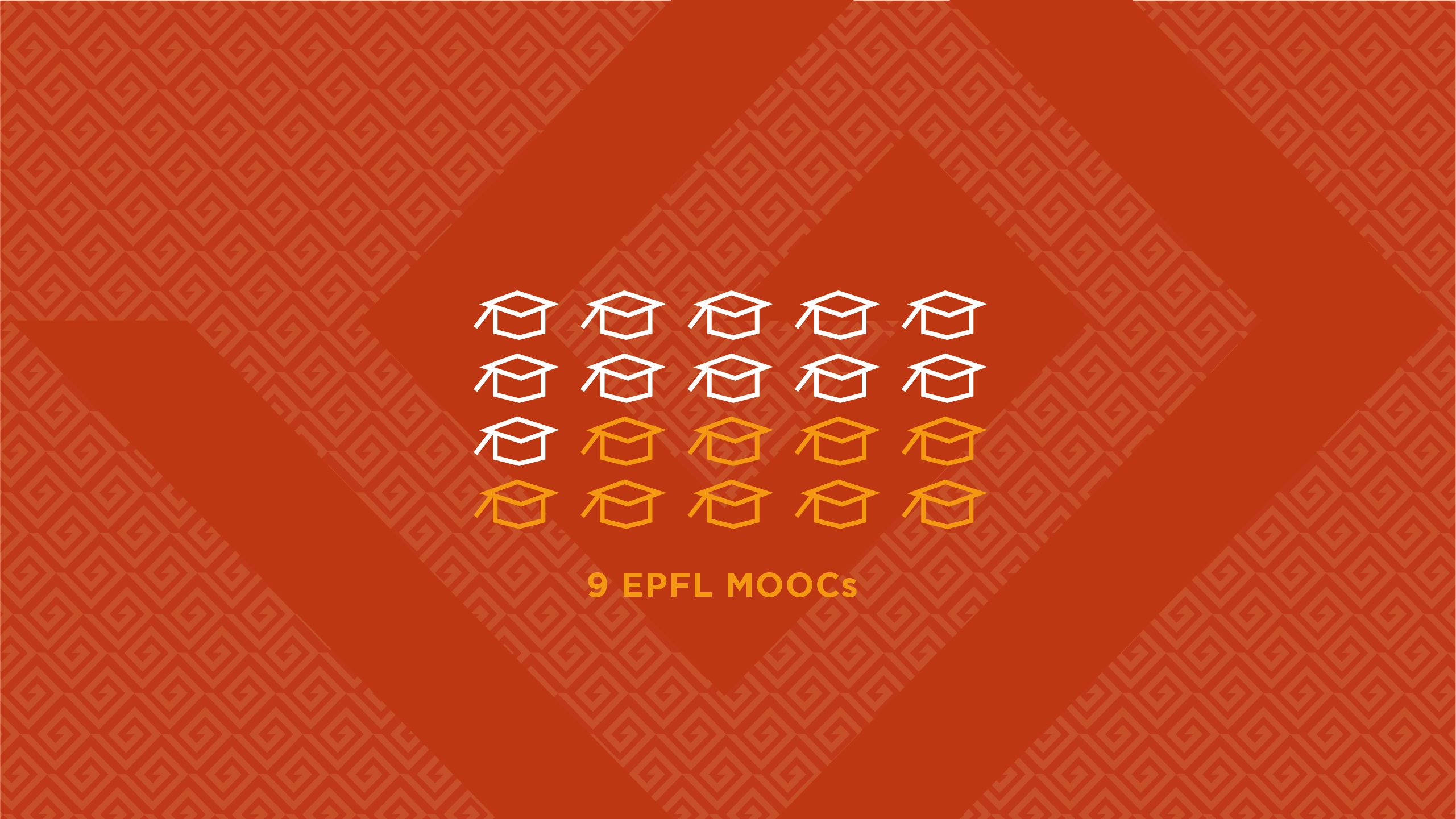
A bilingual (French and English) online open-access continuing education platform designed to build the capacity of urban development professionals in Africa. It is the first initiative of its kind, designed by and for Africa.
First 20 MOOCs available on the platform
- 11 ACL MOOCs funded by the project
- 9 EPFL MOOCs transferred to the platform
A solid governance model established for the long term
- A management committee made up of the partner institutions
- A scientific committee to keep the platform at the cutting edge in the field
- Local advisory committees to anchor it in the needs on the ground
Financial support from other donors
(AFD Campus for some MOOCs and a blended learning). Financial sustainability to be guaranteed. Two major challenges to be met.
- Mobilize new financial partners
- Establish a financial model around relevant activities
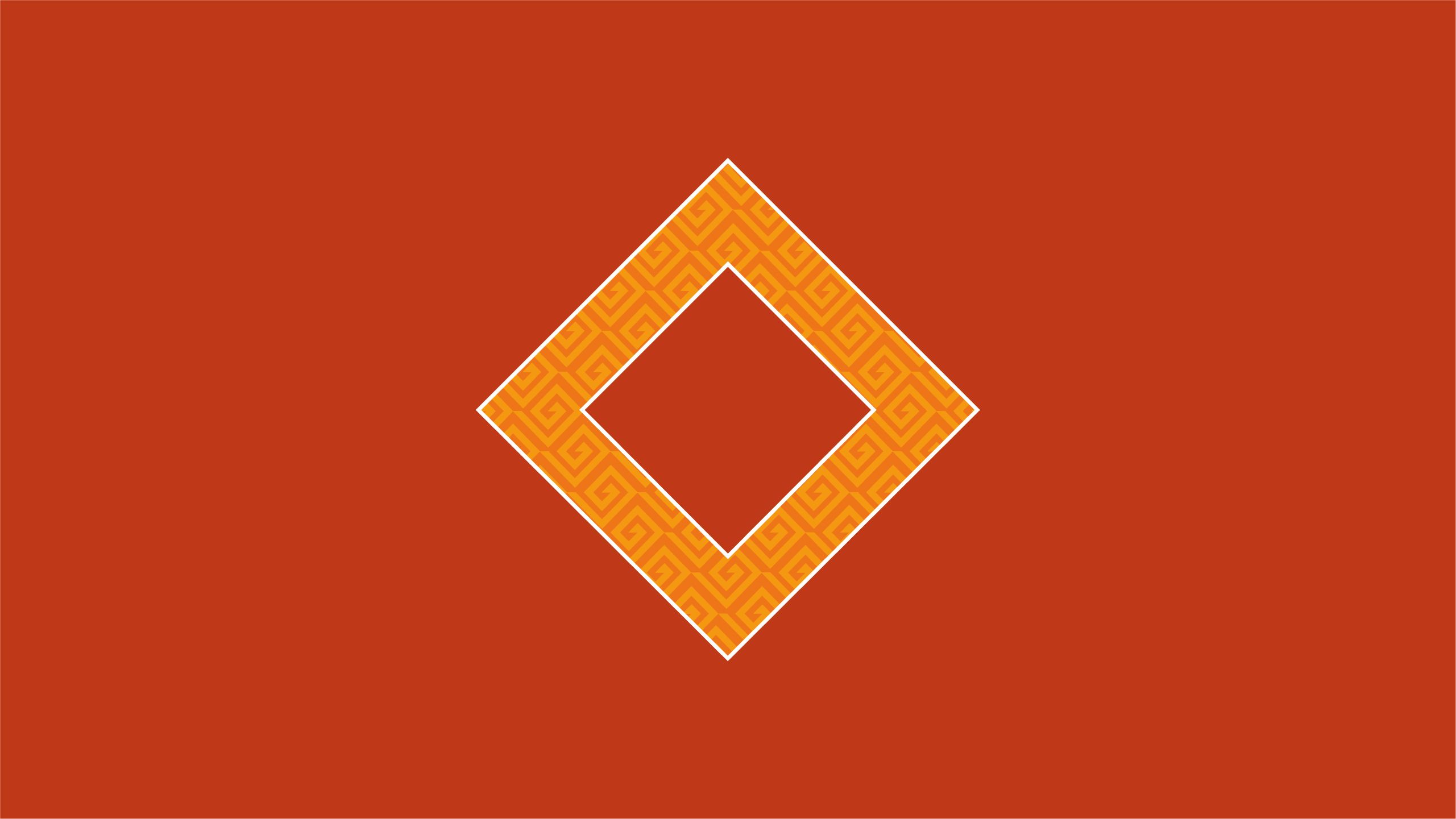
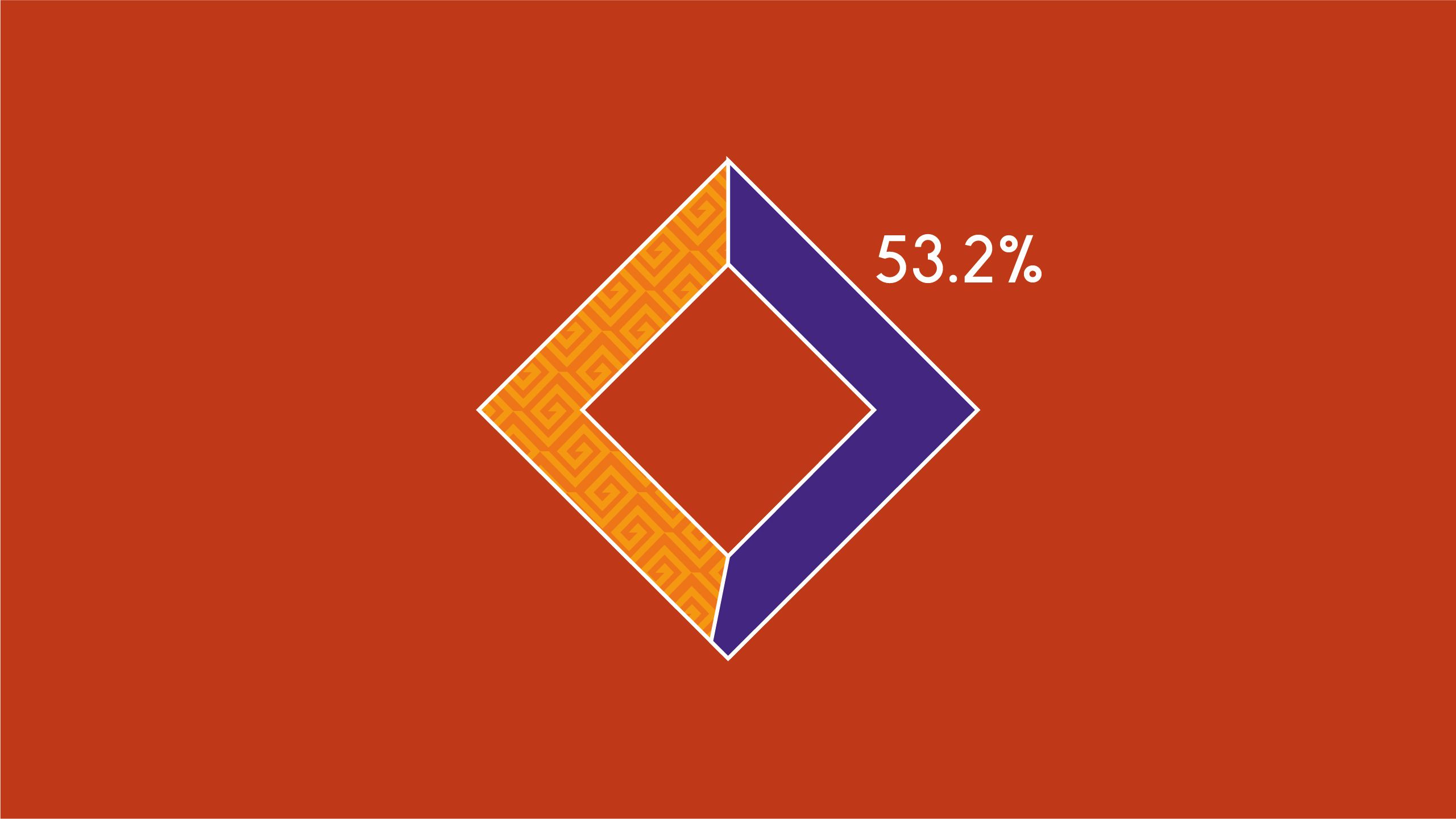
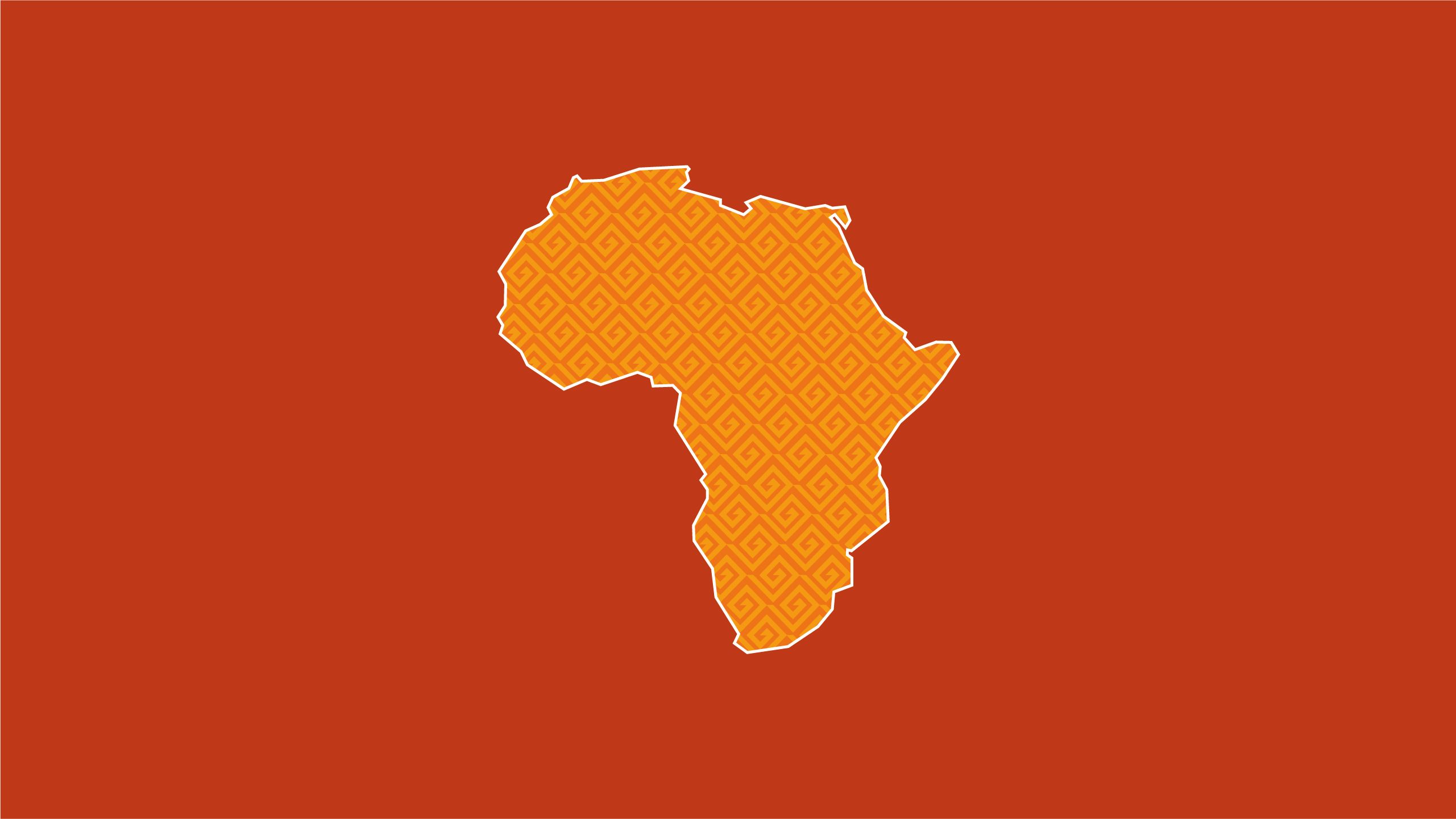
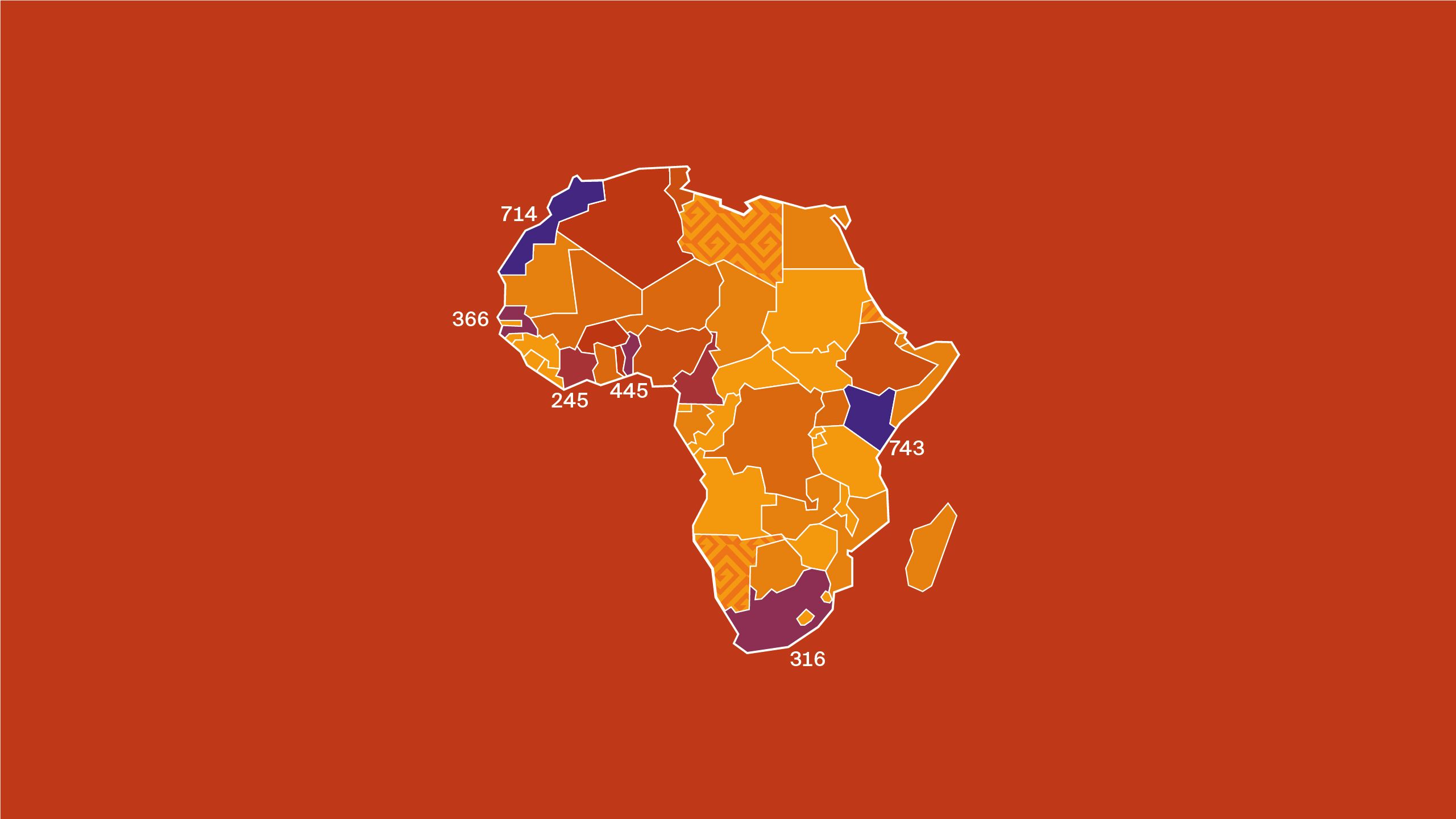
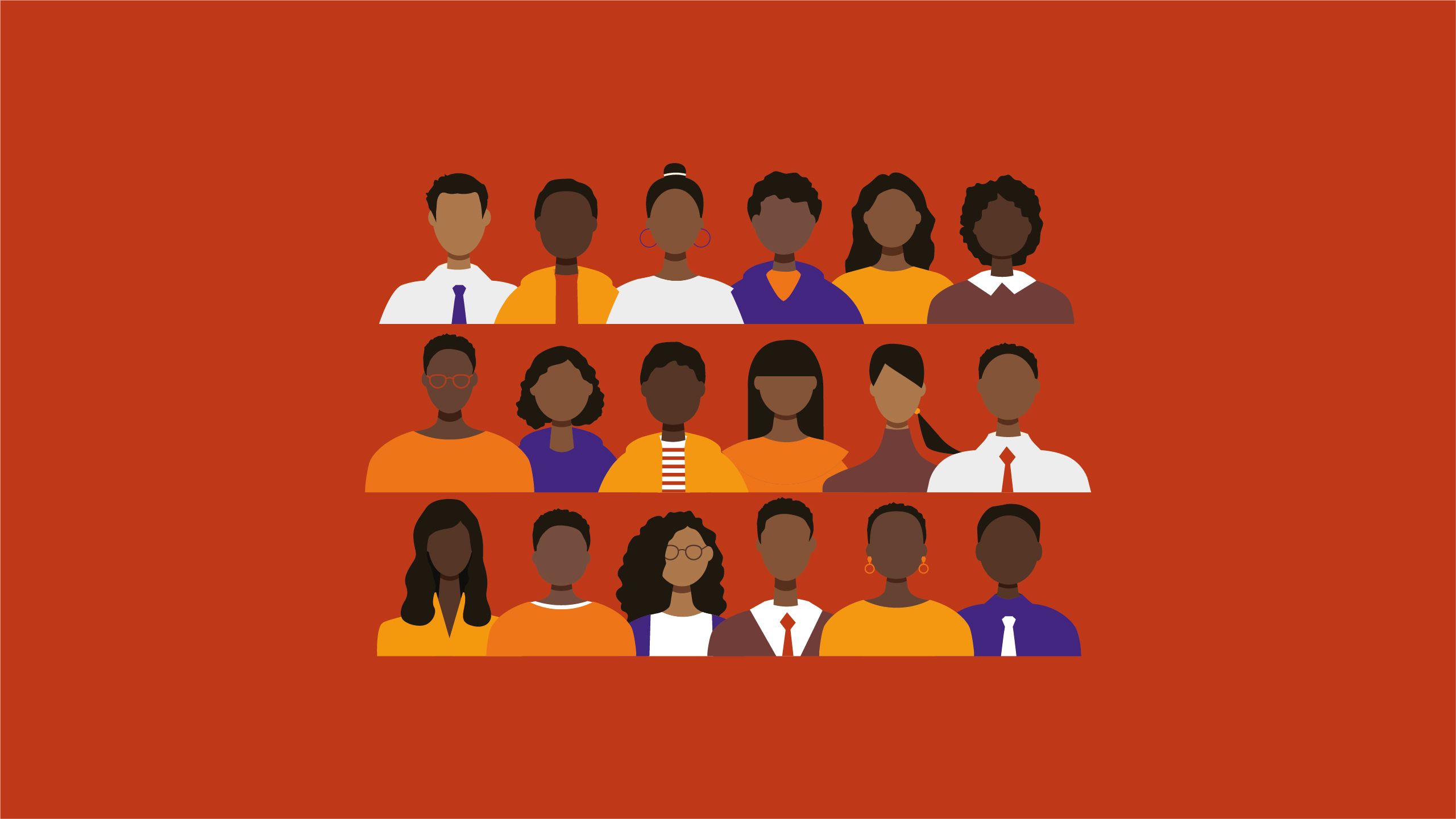
Useful knowledge about urban planning in Africa has been developed and shared on a large scale by a community of teachers, researchers and learners.
A network of institutions and professionals committed to the sustainability of cities is being created.
7'380 registrations on the platform and 9'138 participations in MOOCs and training courses.
53.2% log on to the platform at least once a week.
The learners registered on the platform come from almost every country in Africa, and even from the rest of the world!
18 young ACL Ambassadors were chosen from among the participants certified in MOOCs and hybrid training courses. Coming from 5 different countries, they play a key role in promoting the platform and running the ACL network at the local level.
Creation and organization of a community for learning and sharing good practices around MOOCs and the training provided.
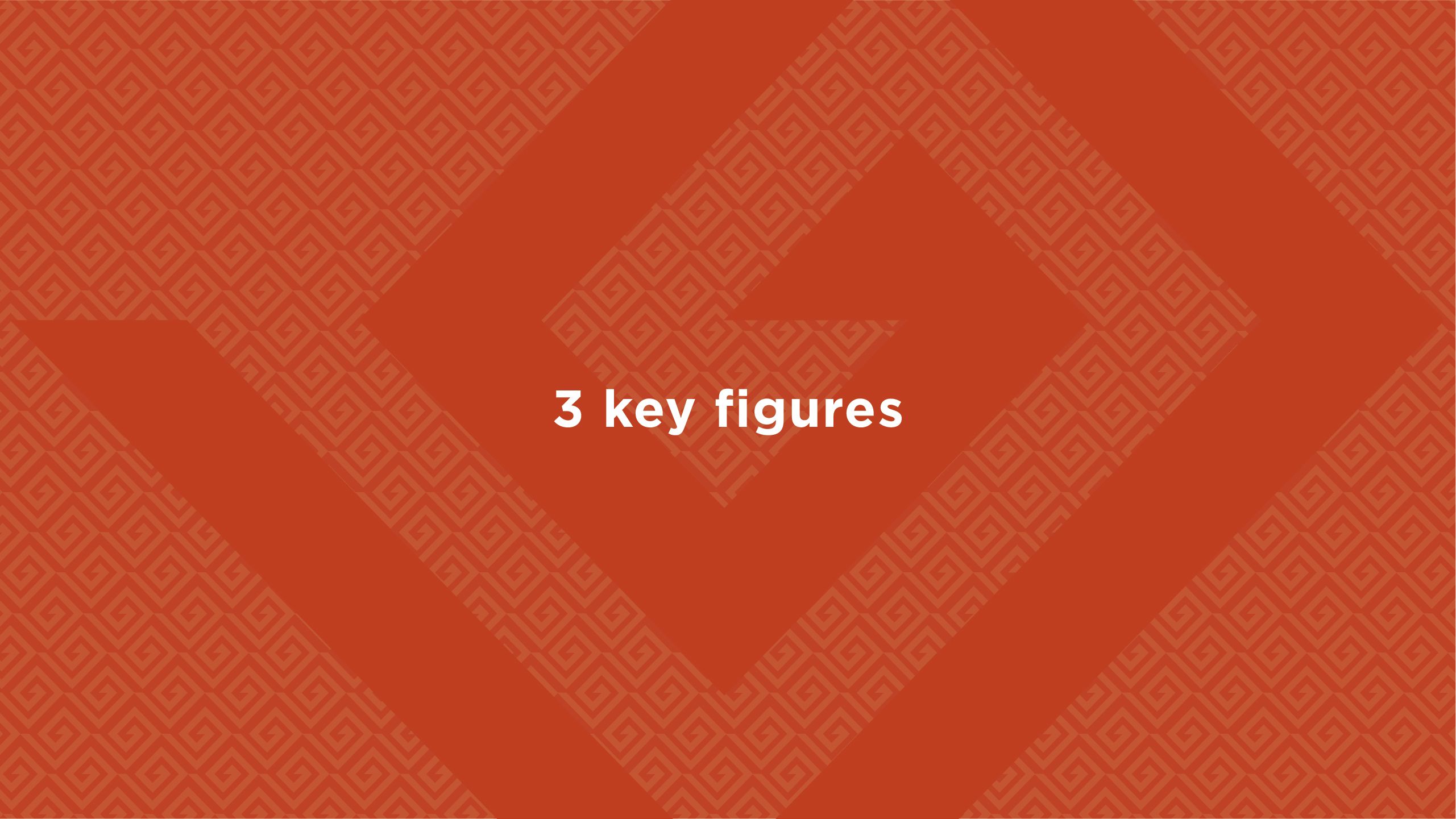
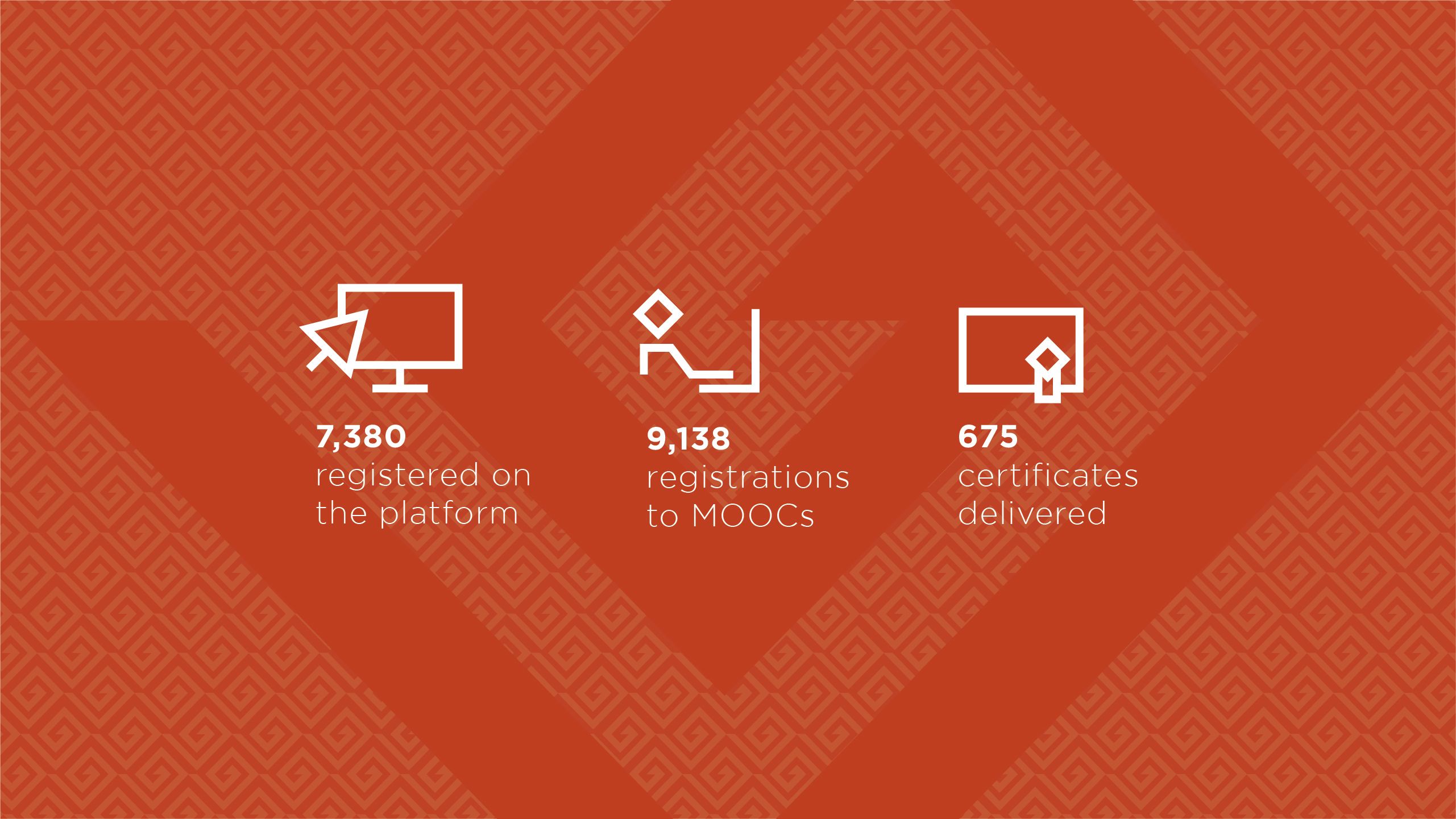
The ACL project works to provide urban development professionals in Africa with more democratic access to high-quality, relevant and up-to-date continuing education.
7,380 registrations on the platform,
9,138 participations in MOOCs,
and 675 certificates of completion issued.
Approximately 200 participants in blended learning courses and the Executive Master's.
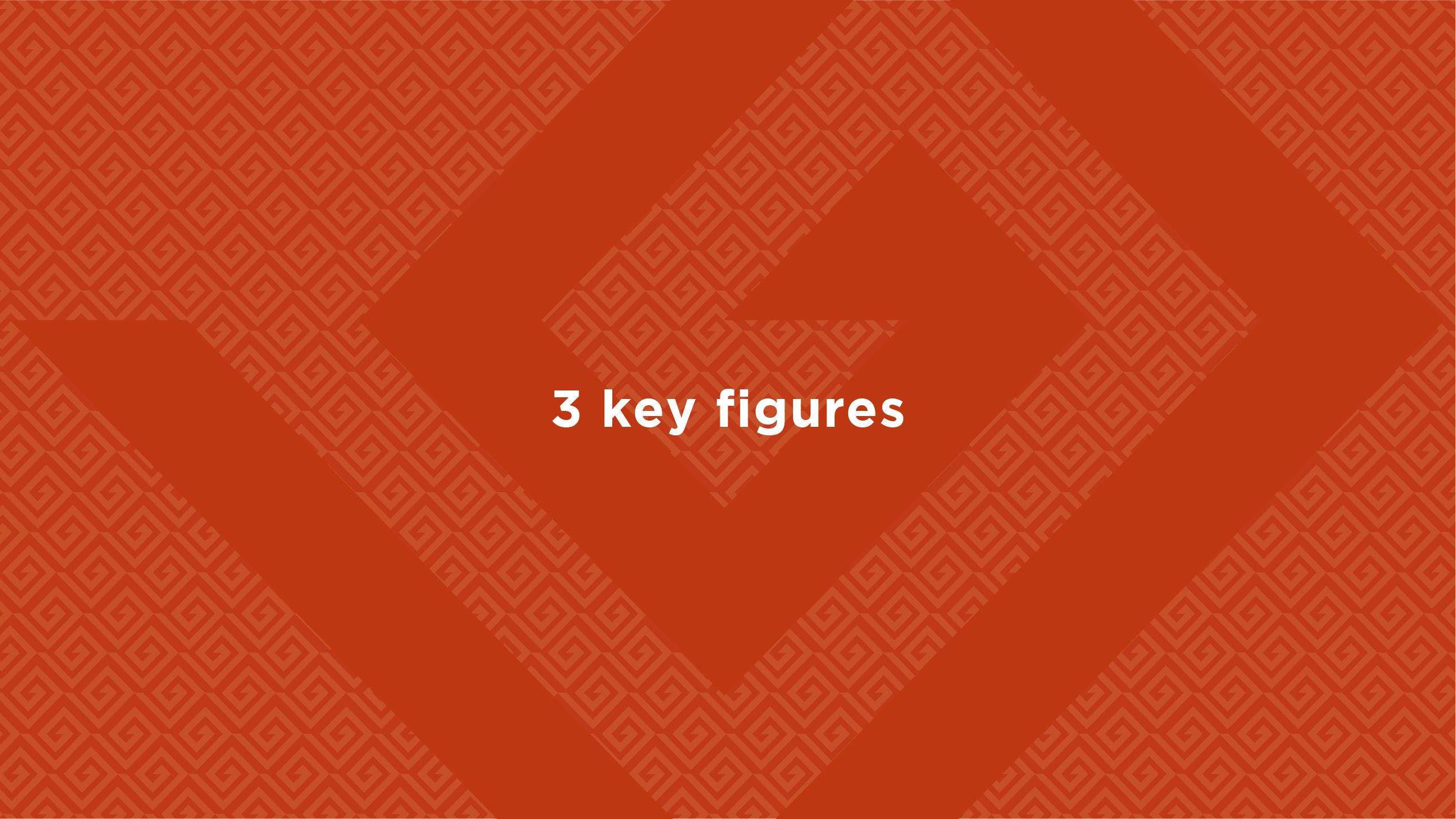
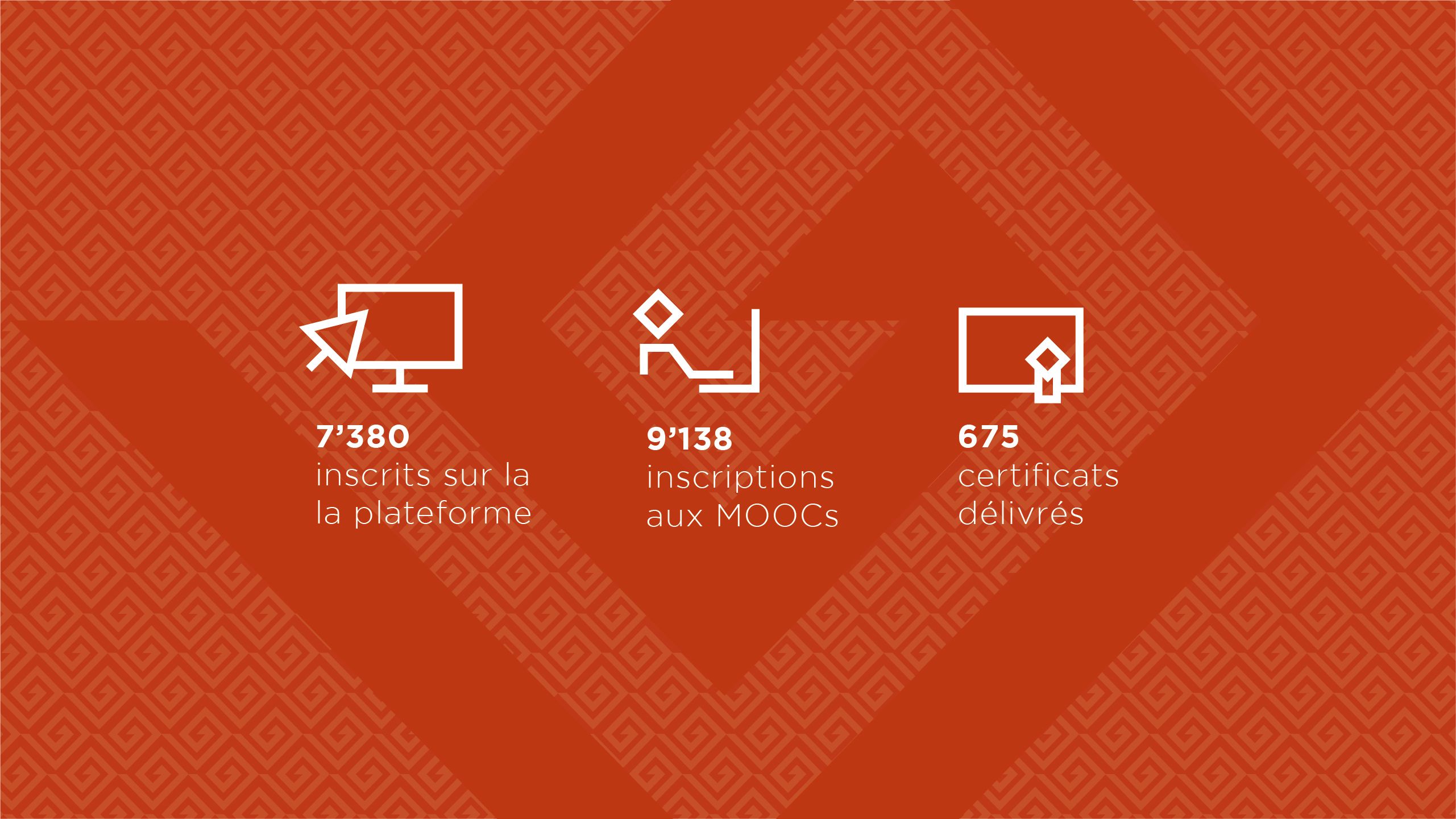
The ACL project works to provide urban development professionals in Africa with more democratic access to high-quality, relevant and up-to-date continuing education.
7,380 registrations on the platform,
9,138 participations in MOOCs,
and 675 certificates of completion issued.
Approximately 200 participants in blended learning courses and the Executive Master's.
"I'm not trying to flatter you. The course on urban data management was in line with the realities where we live [in Africa], and that's why I told you beforehand that this training enabled me to get my current job. The content described very well the concrete situations we encounter in the field [...], which made the learning both relevant and applicable. [..] The educational aspect of the course was also very, very good, because at each stage, I learned something more."
Augustin Mbonda, RDC, June 27, 2024
Conclusion
Structured in 3 main phases, the project offers an innovative tool for strengthening local capacities in an area that is essential to the future of Africa: the sustainable development of cities.

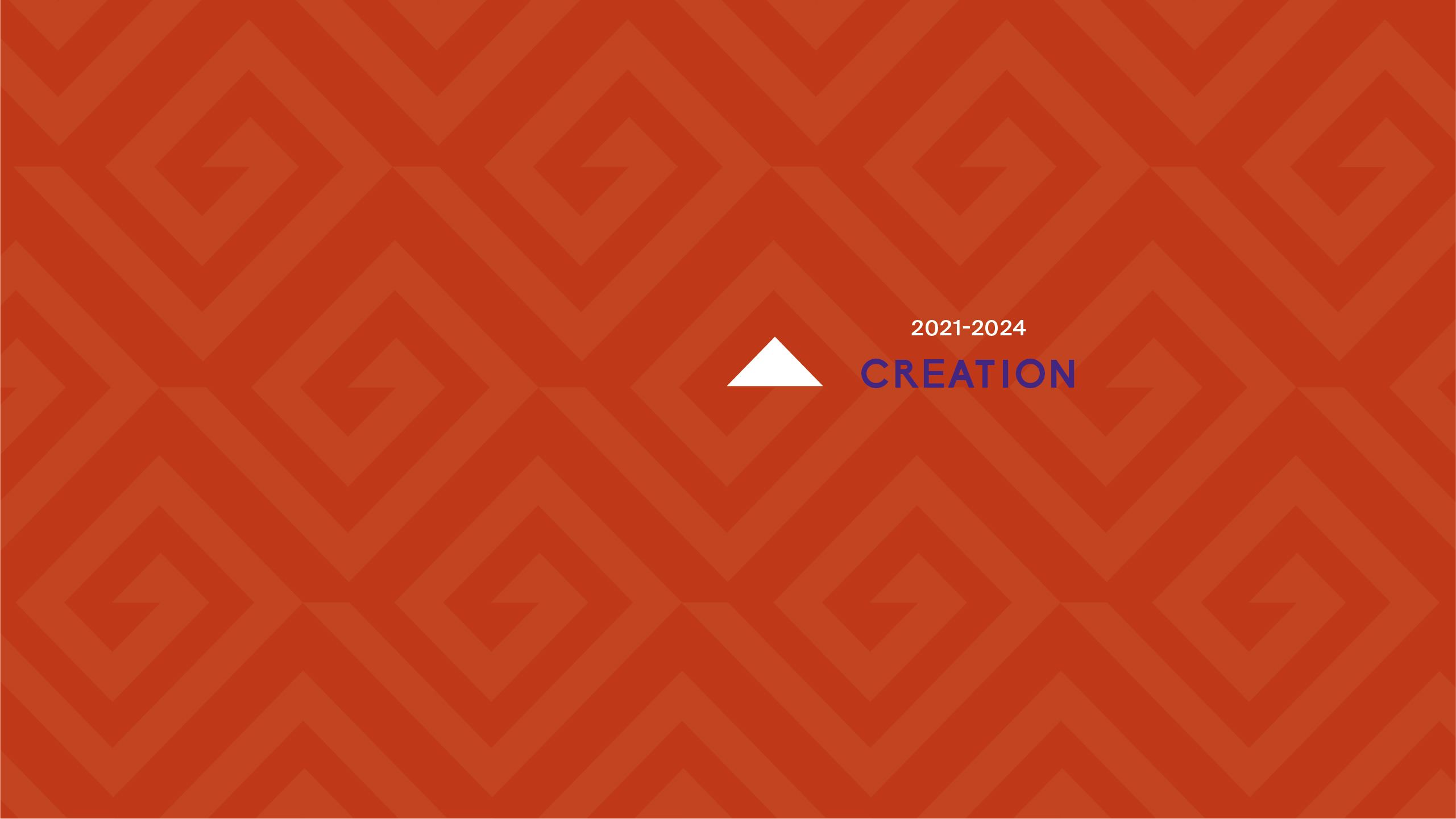
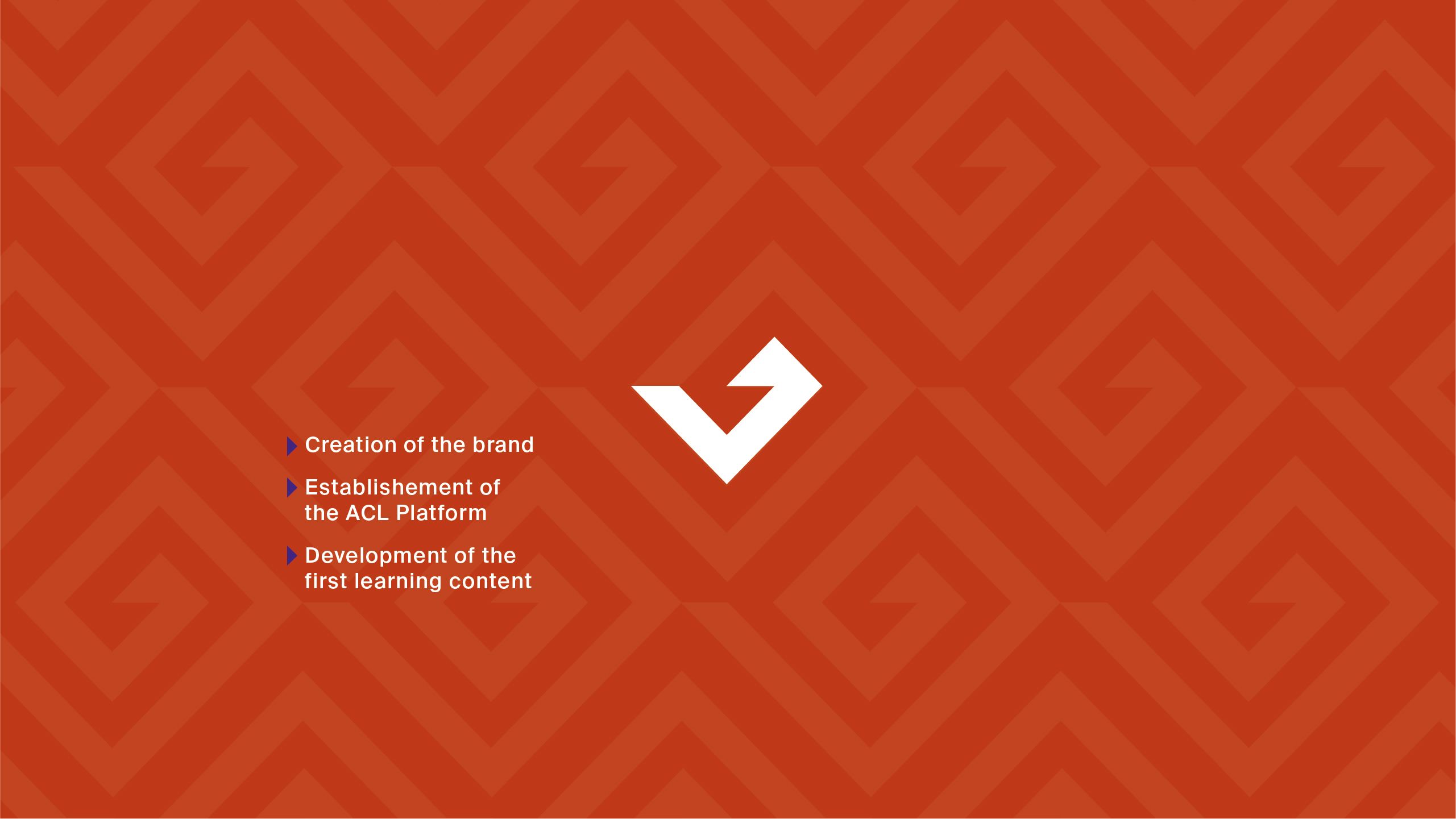

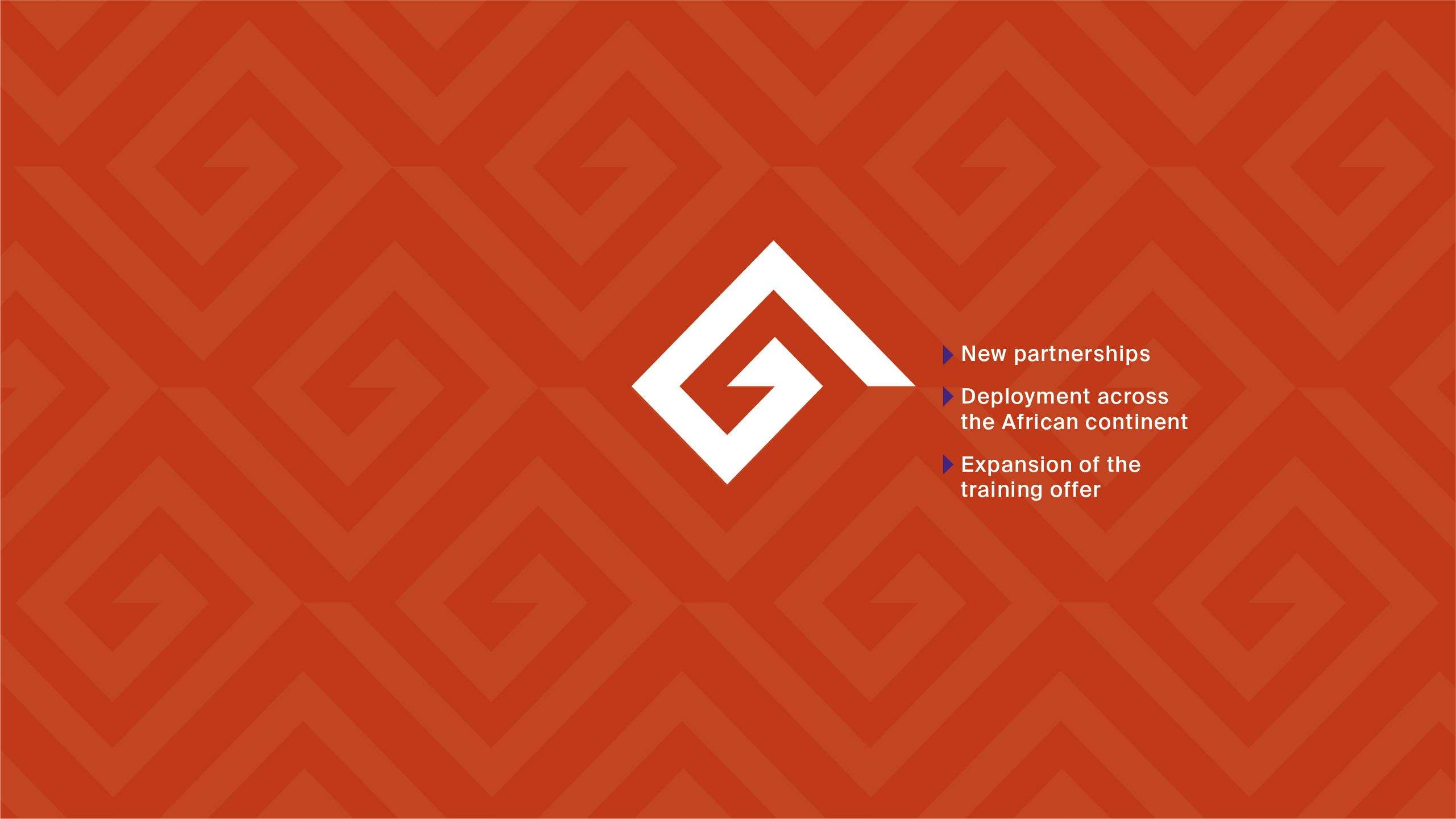
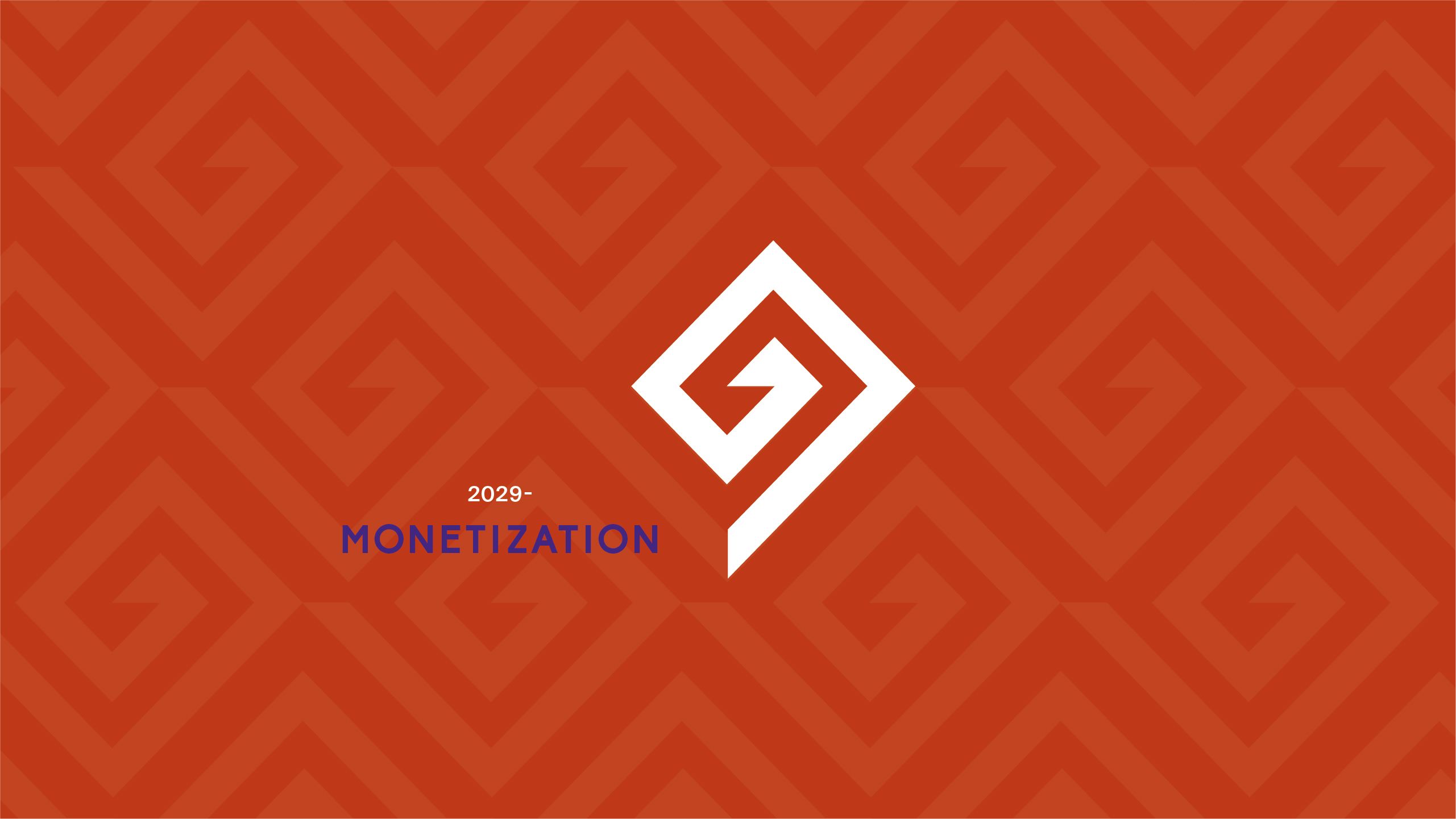
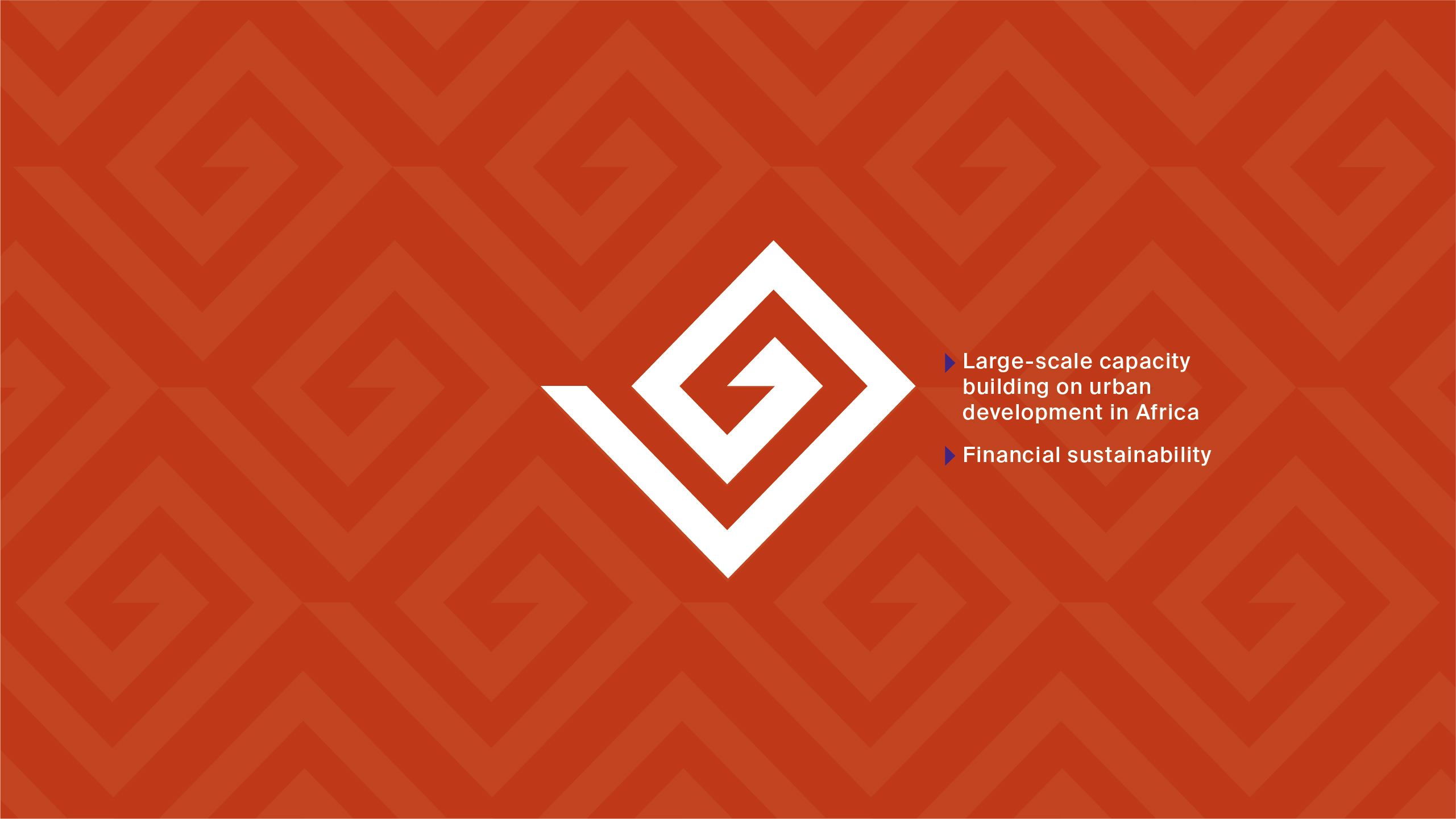
The first phase (2021-2024) saw the launch of the platform and the first training courses.
The second phase (2025-2028) will have to consolidate the initial results and roll them out on a large scale.
The third phase (from 2029) will implement an economic model to ensure the autonomy and sustainability of the platform.
Thank you
To the project's main financial partner: Secrétariat d’État à l’Économie Suisse (SECO).
To the project's partner institutions and their project teams:
- University Mohammed VI Polytechnic in Benguérir, Morocco
- The Sèmè City Development Agency (ADSC) in Benin
- The African Centre for Cities (ACC) of the University of Cape Town (UCT) in South Africa
- L’Institut Supérieur des Technologies de l'Environnement de l'Urbanisme et du Bâtiment (ISTEUB) of the Université de Carthage in Tunisia
- The Regional Transport Research and Education Centre, Kumasi (TRECK) of Kwame Nkrumah University of Science and Technology (KNUST)
- The University of Rwanda
To the MOOC development partners and their teams:
- UN-Habitat – Kenya
- Le Gret – Senegal et France
- Centre for Affordable Housing Finance in Africa (CAHF) – Afrique du Sud
- Urbaplan et Transitec – Suisse
- Water Research Commission (WRC) – Afrique du Sud
- Smart & Future Cities Loboratory (SFCL) de Ain Shams University – Egypte
To the focal points in various non-partner countries (Democratic Republic of the Congo, Cameroon, Togo, Mauritania, Côte d'Ivoire).
Project status as of October 10, 2024
African Cities Lab is supported by

